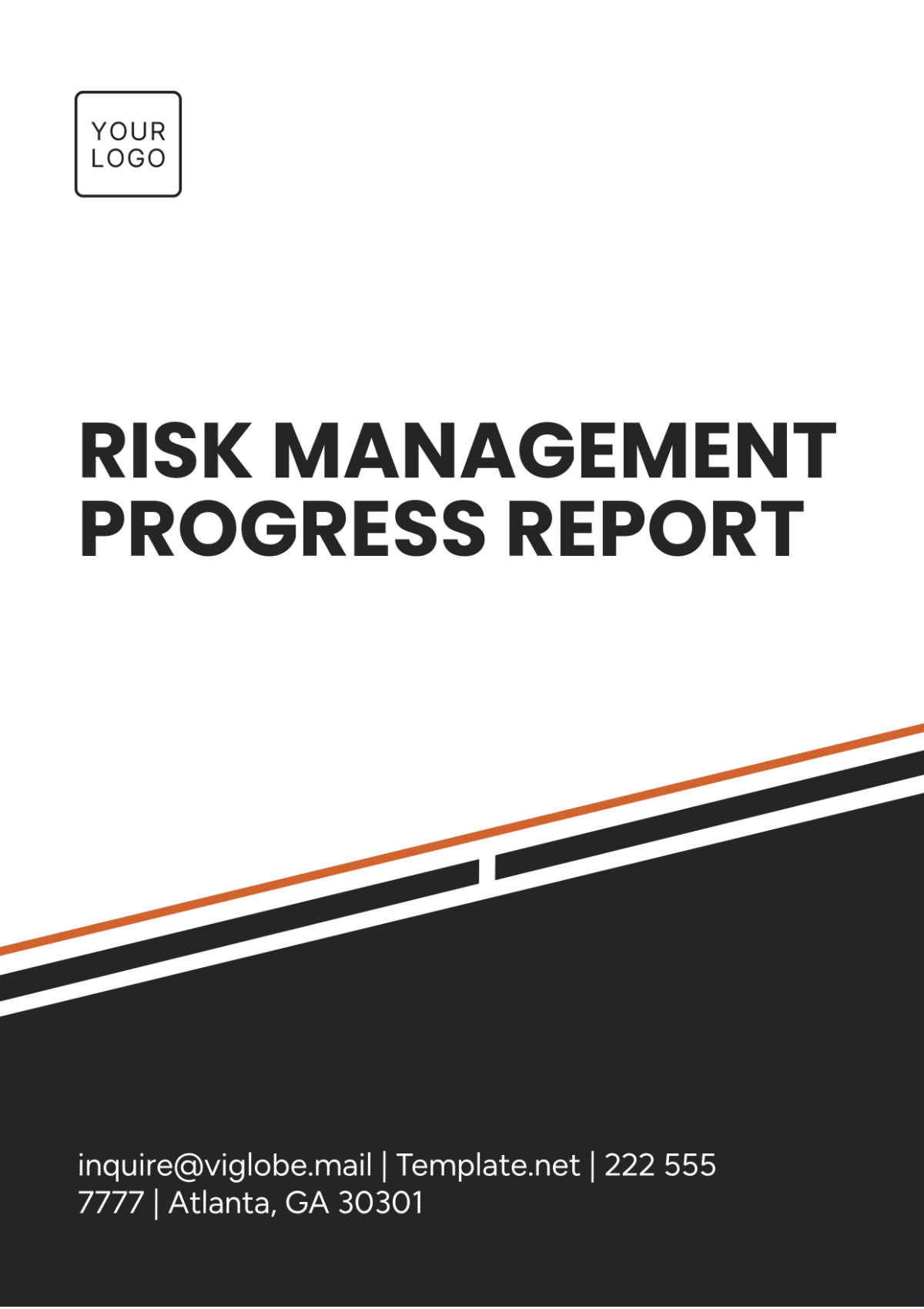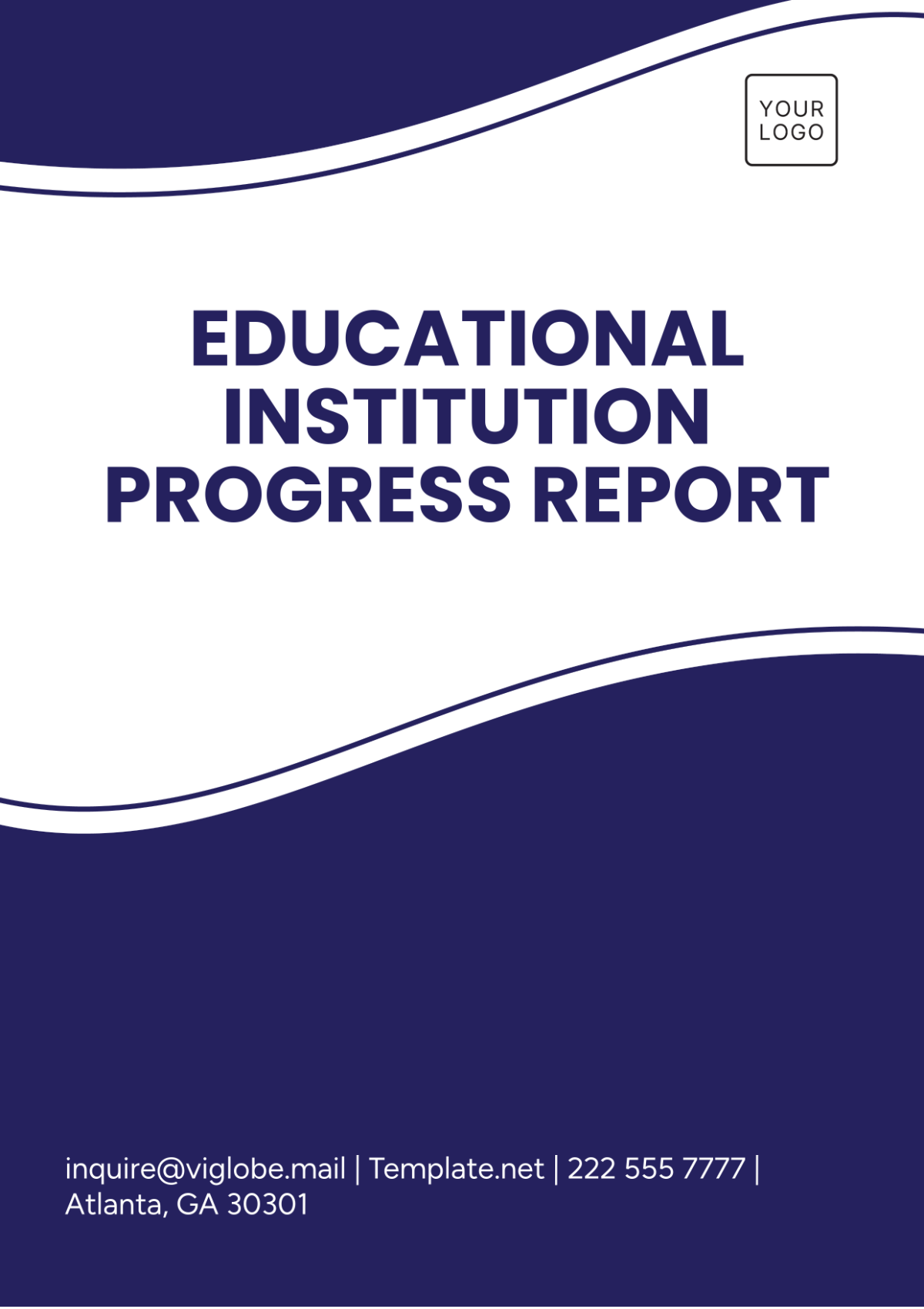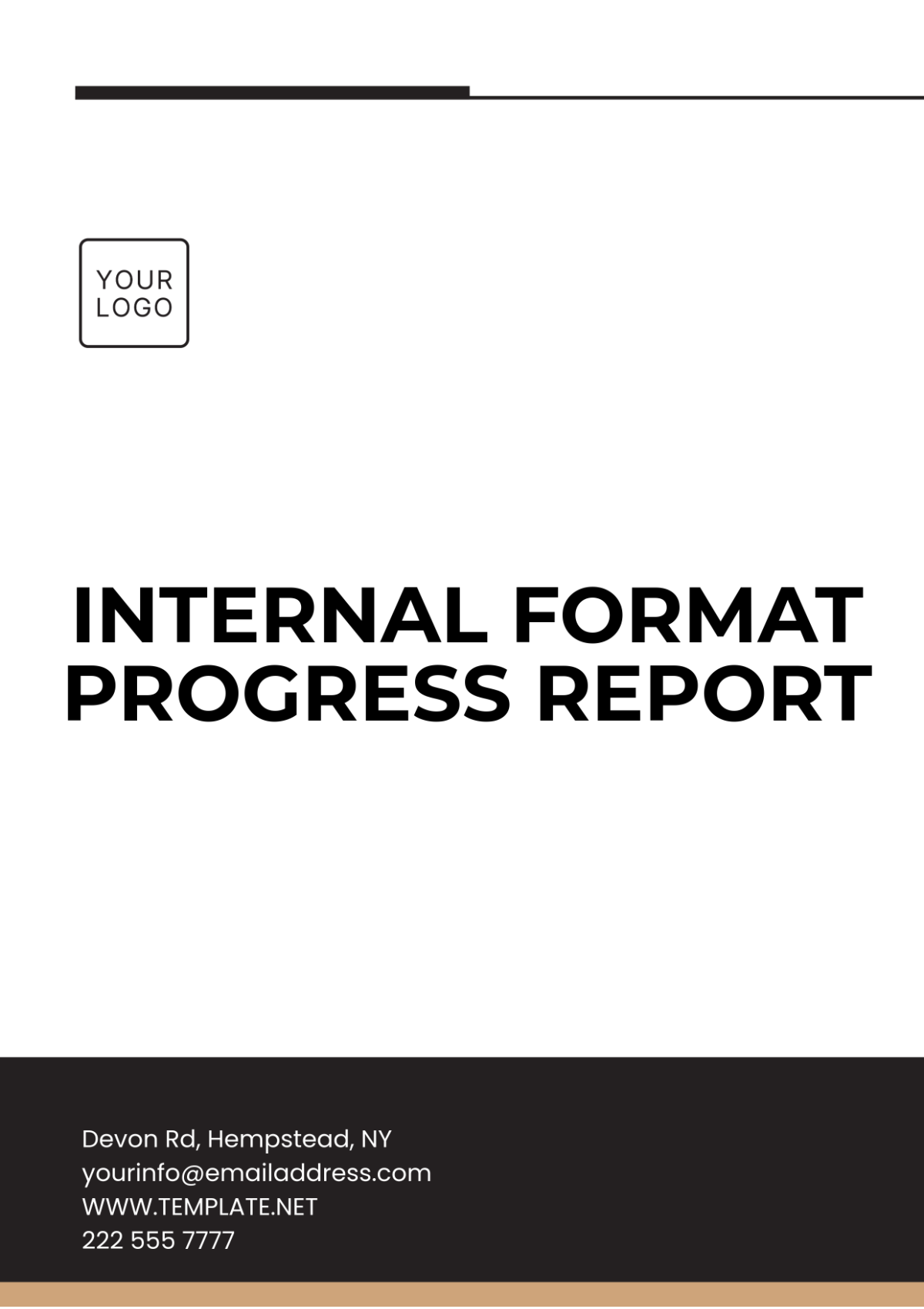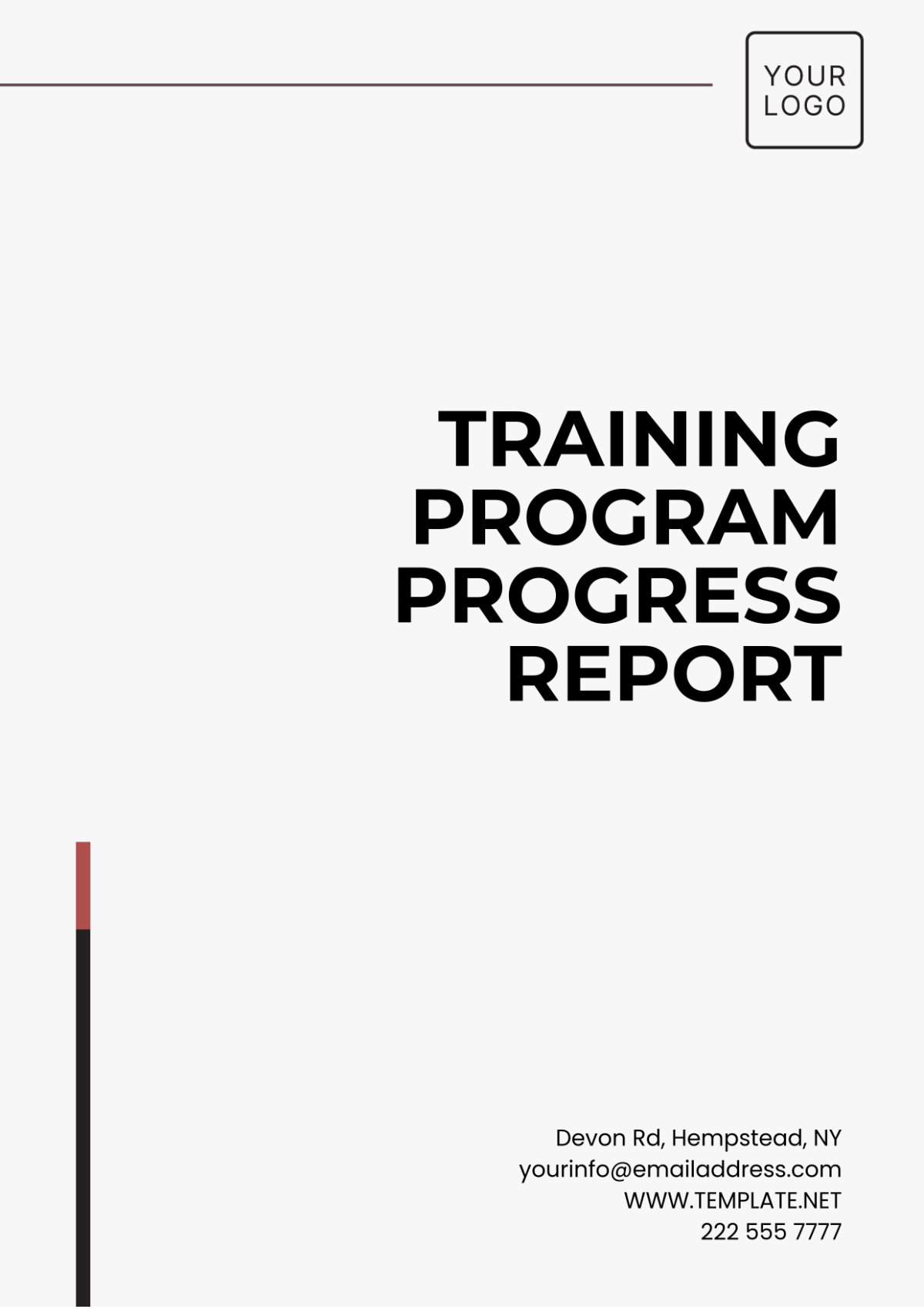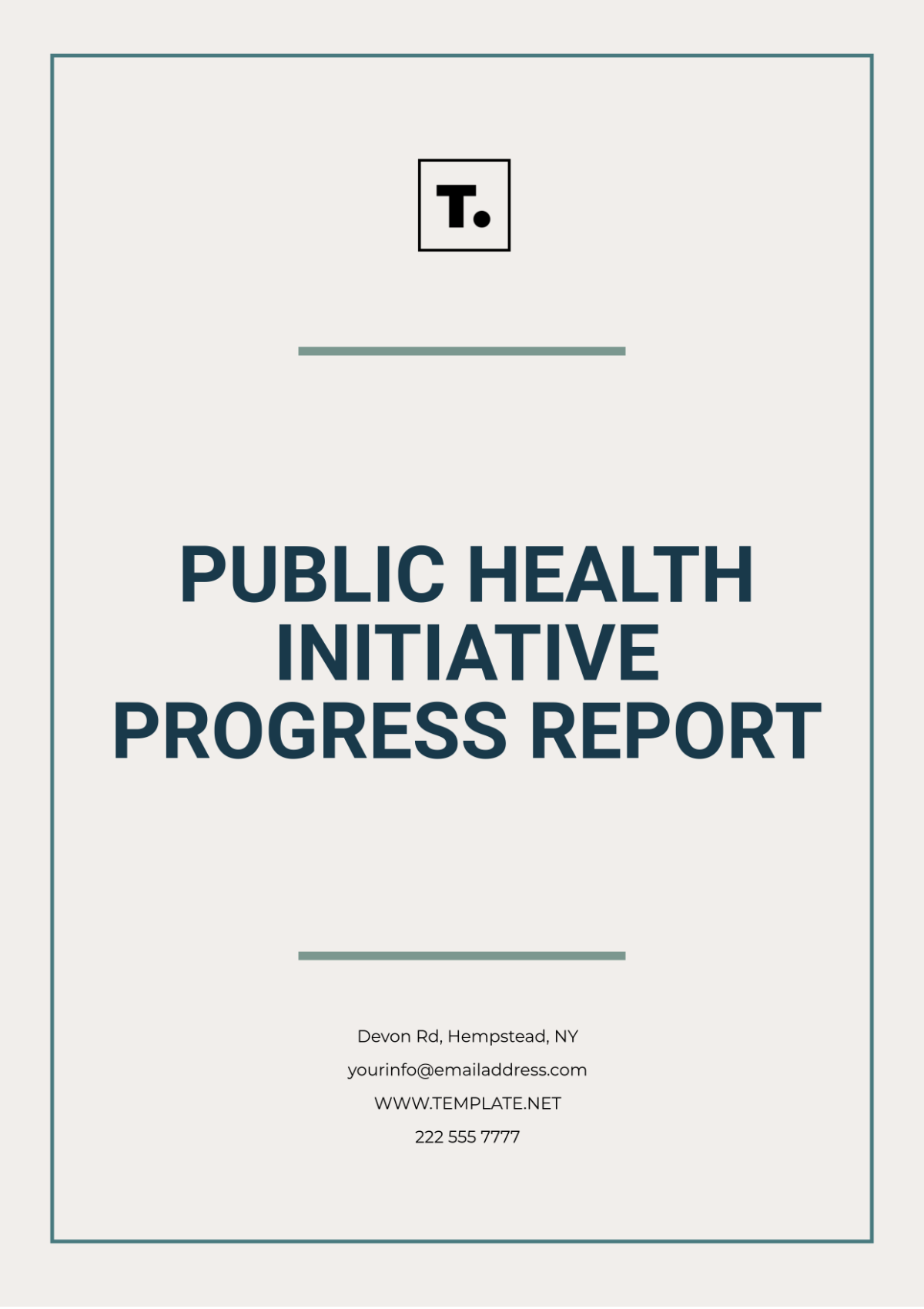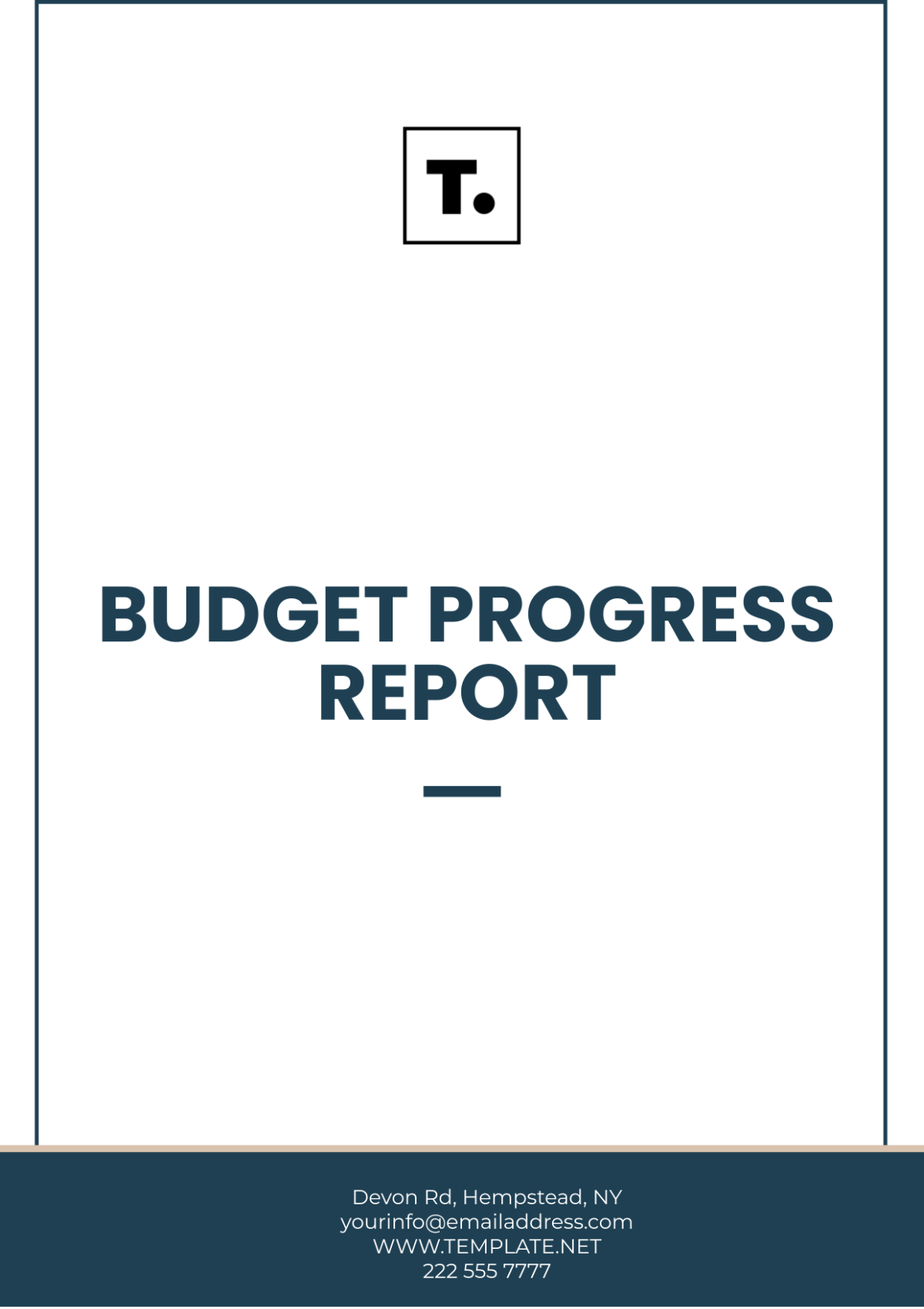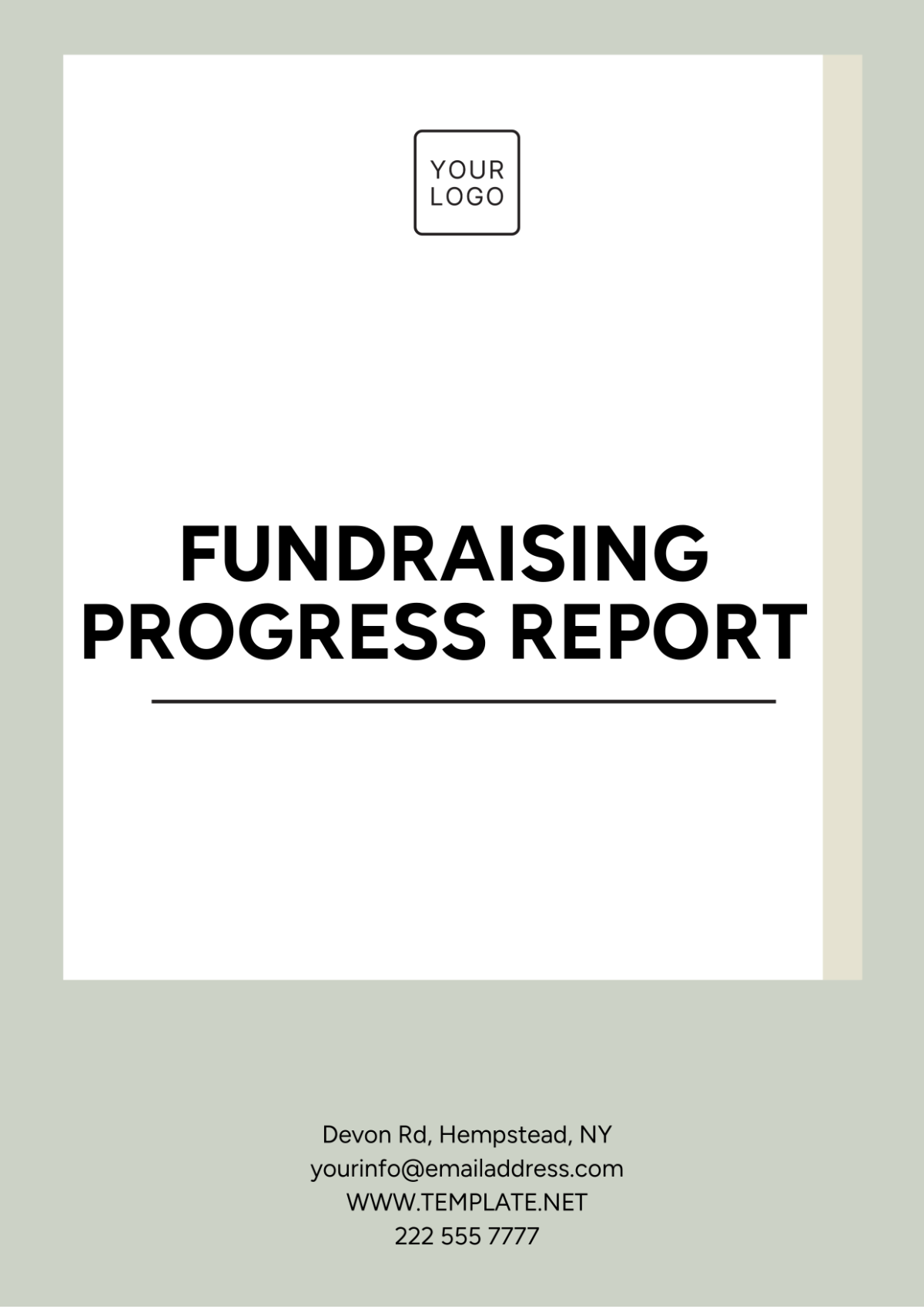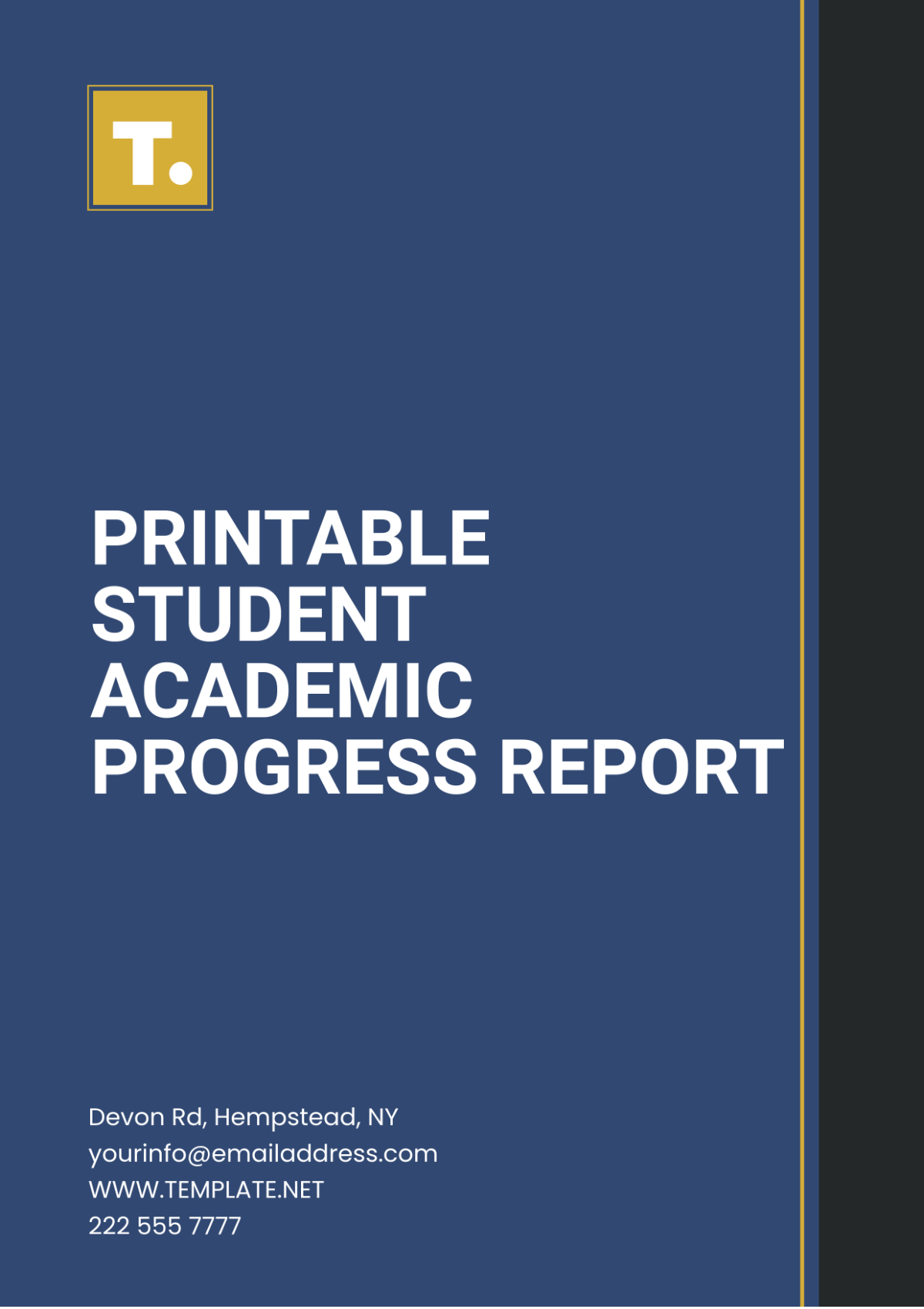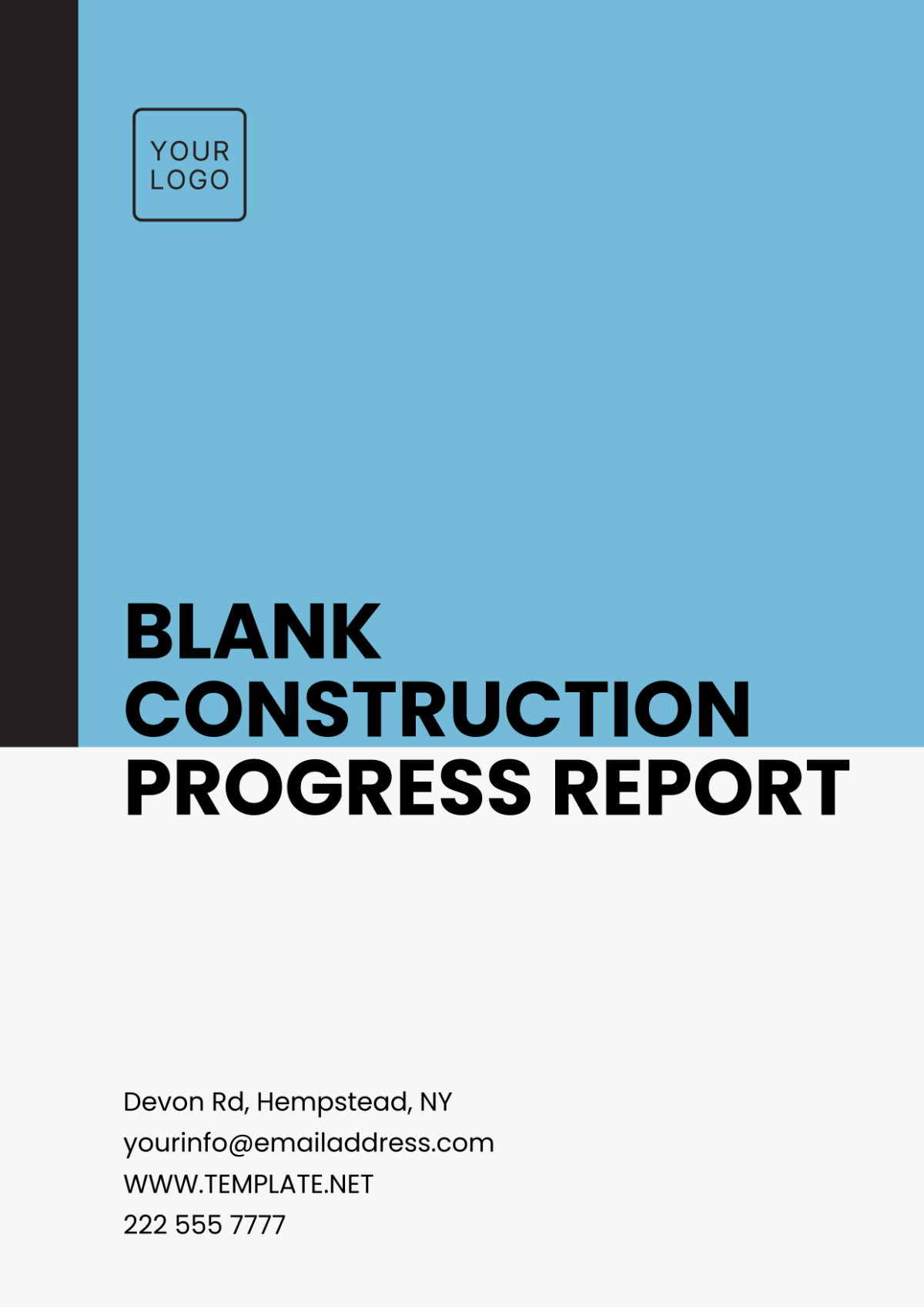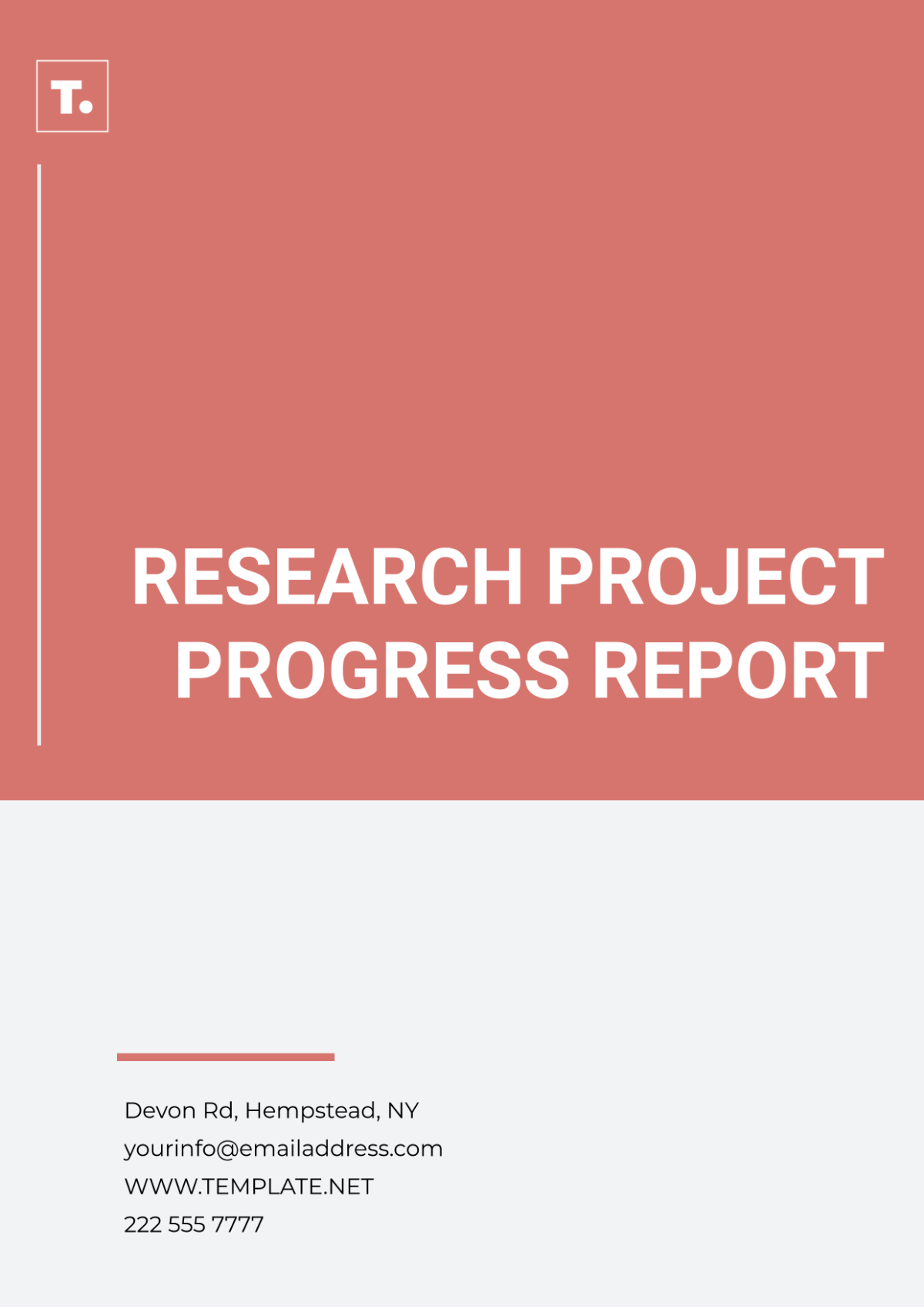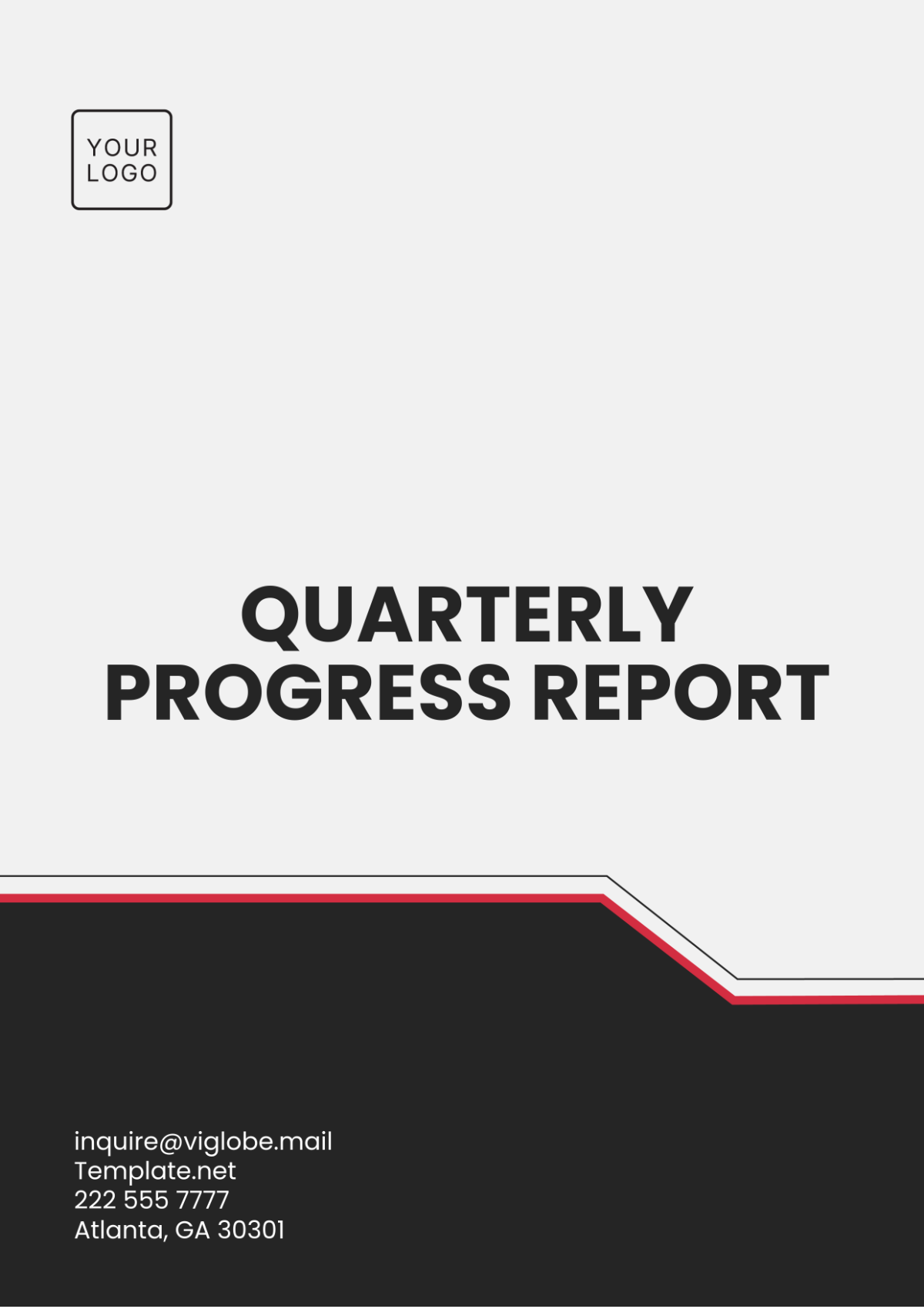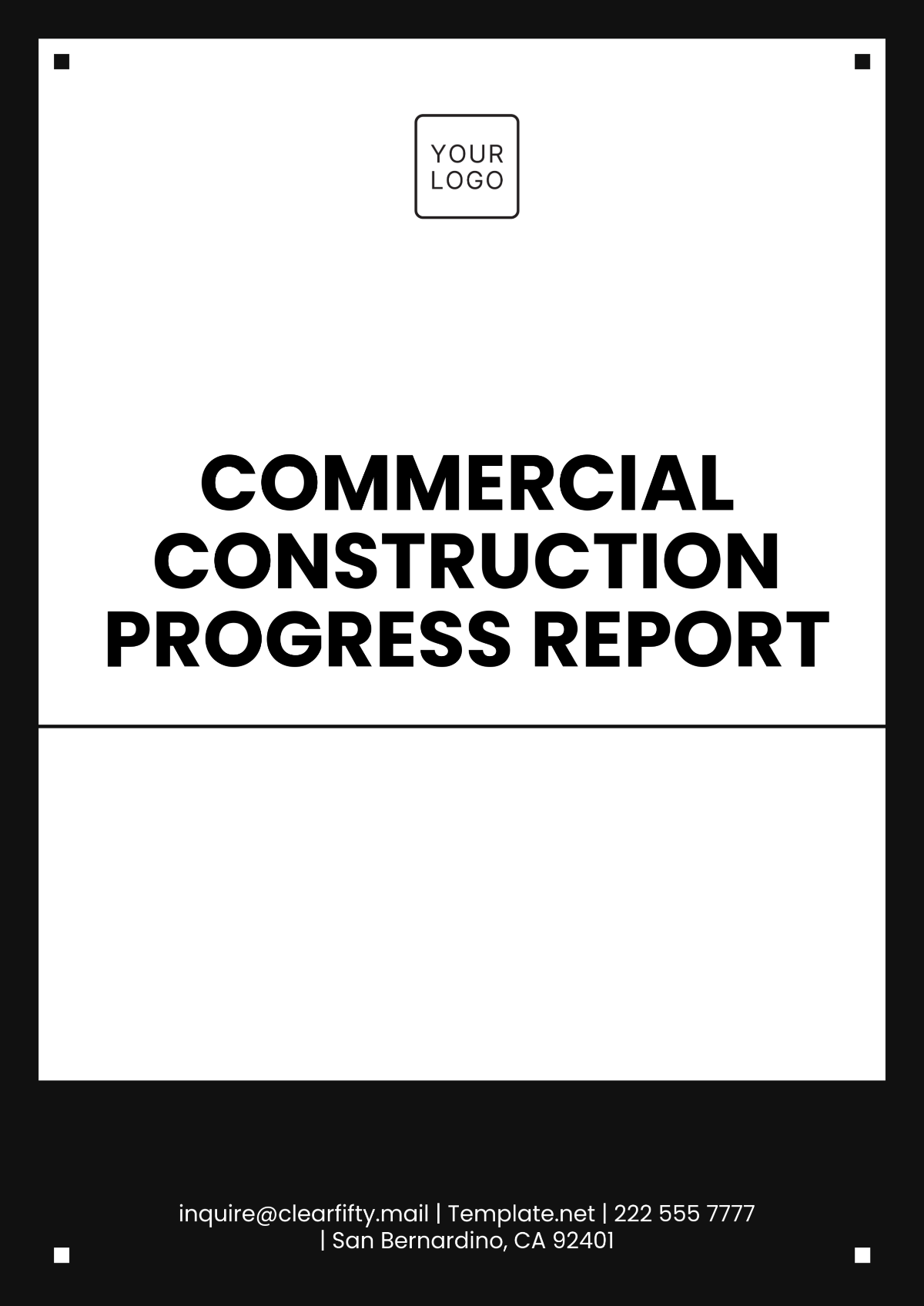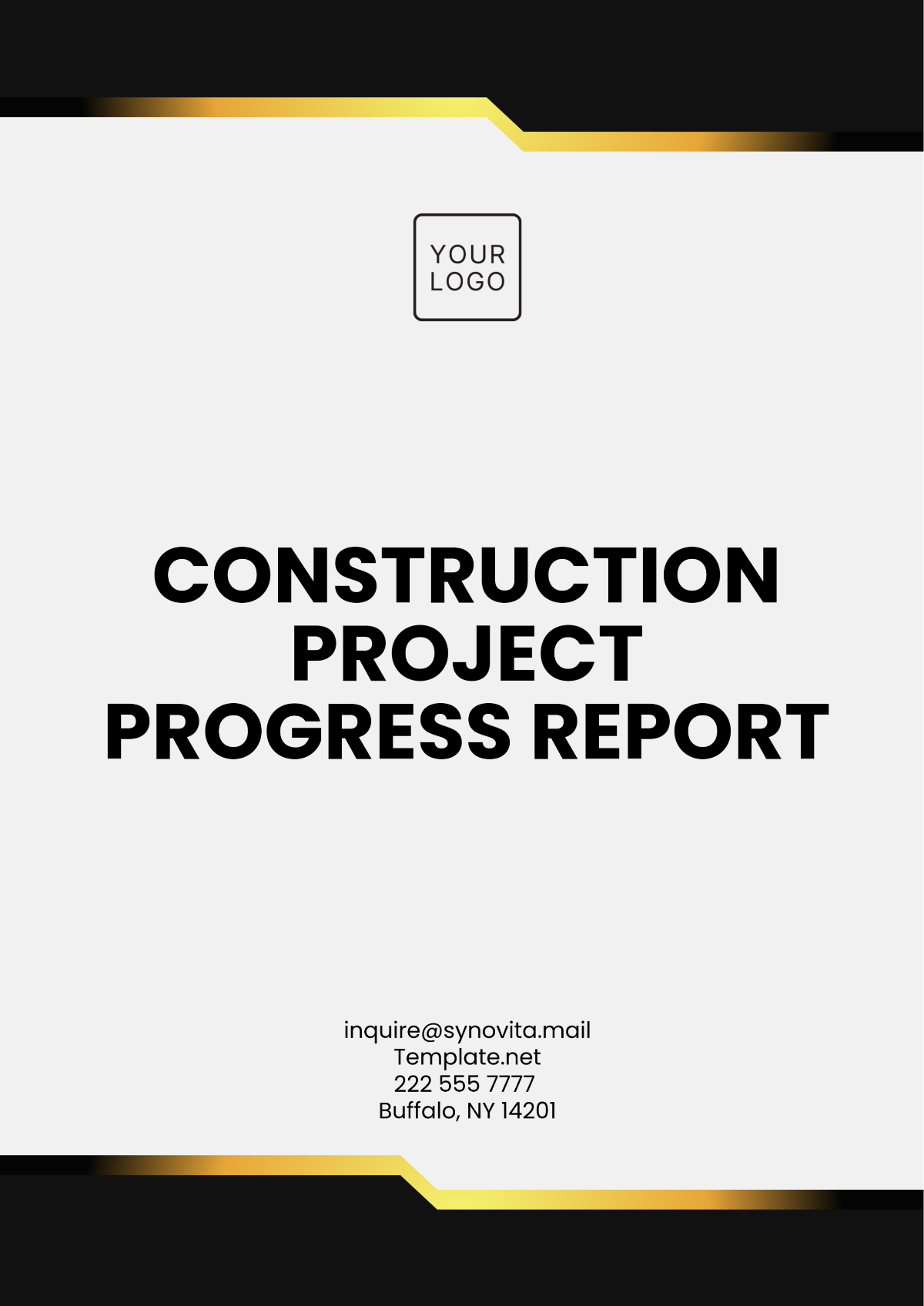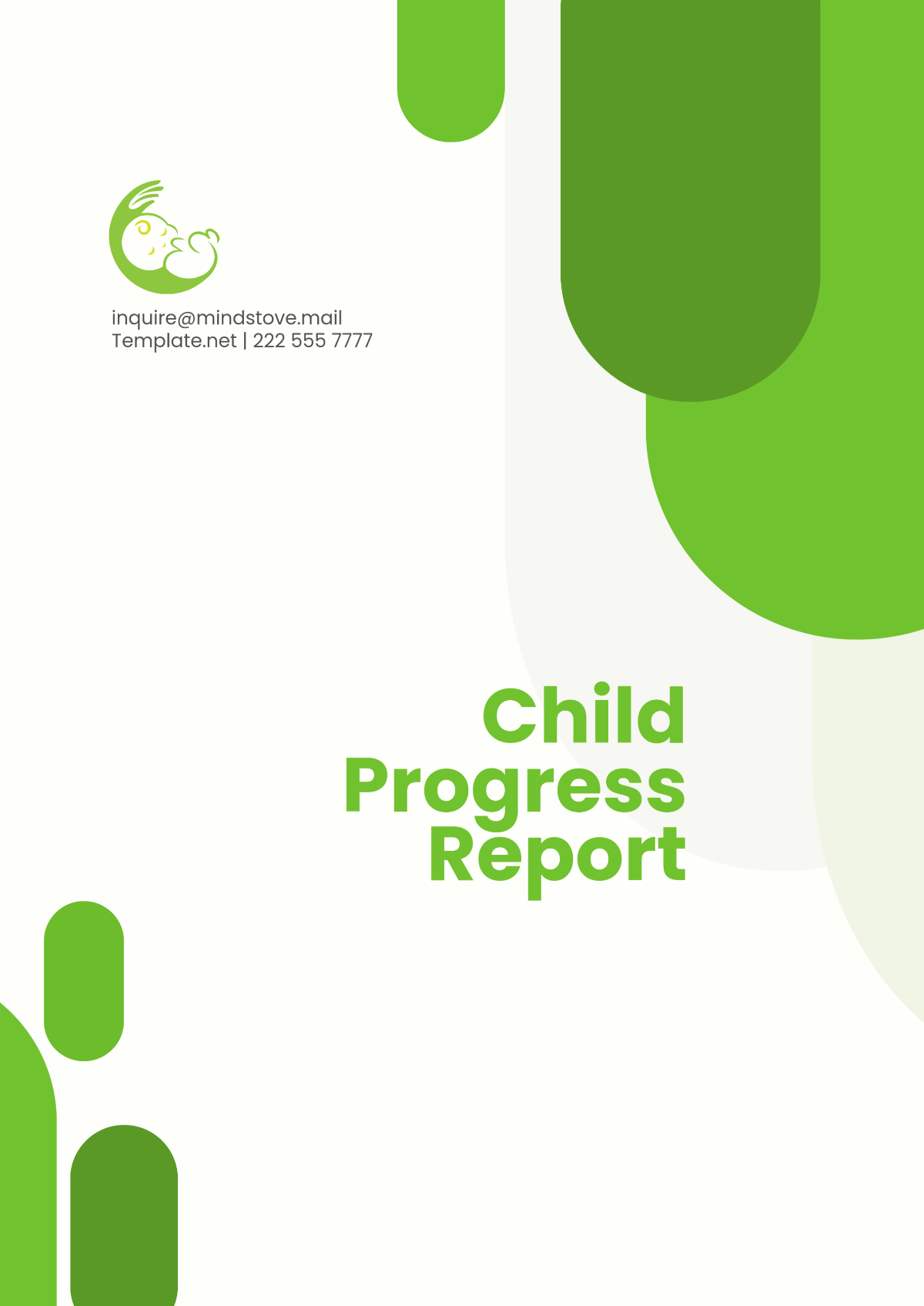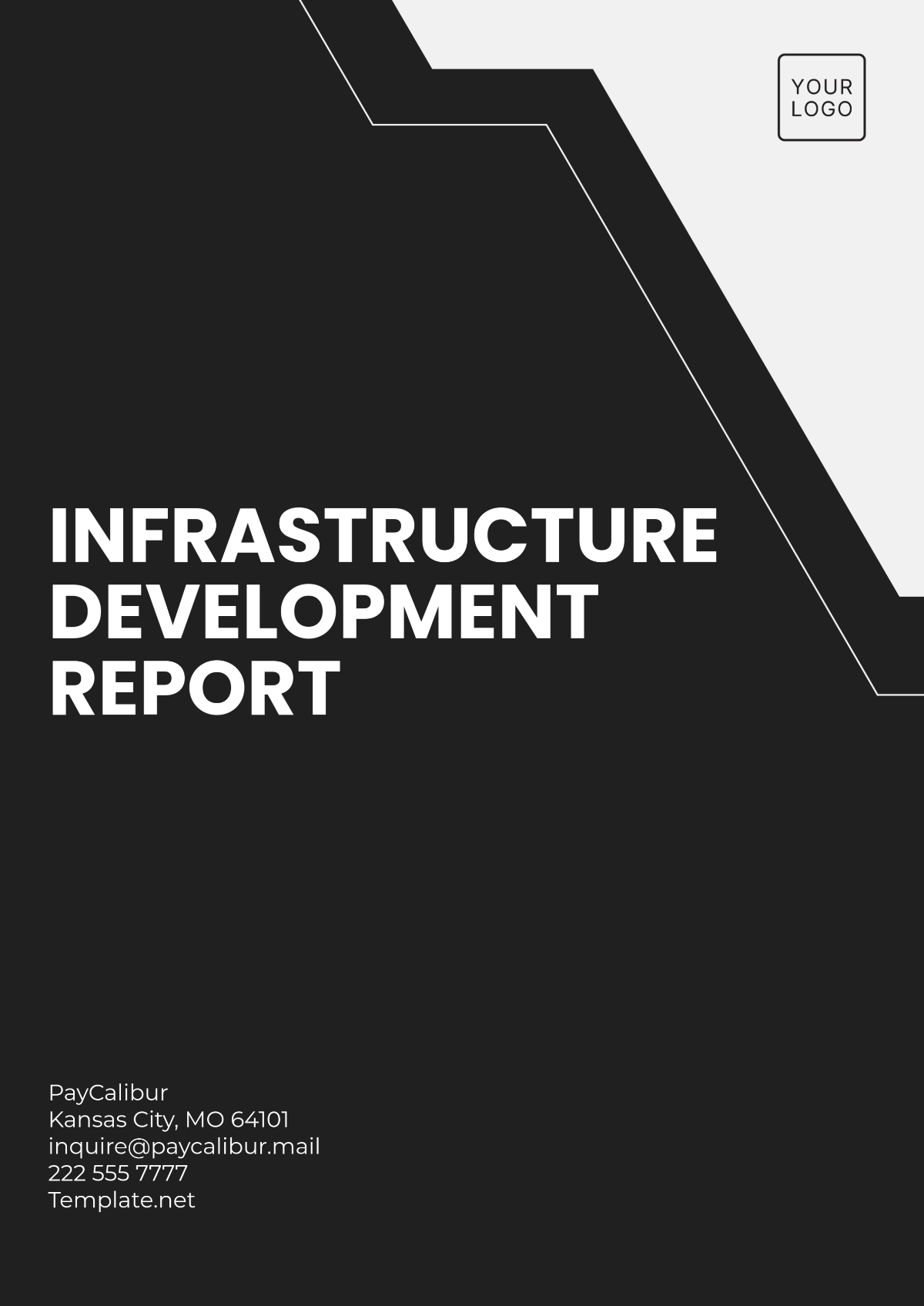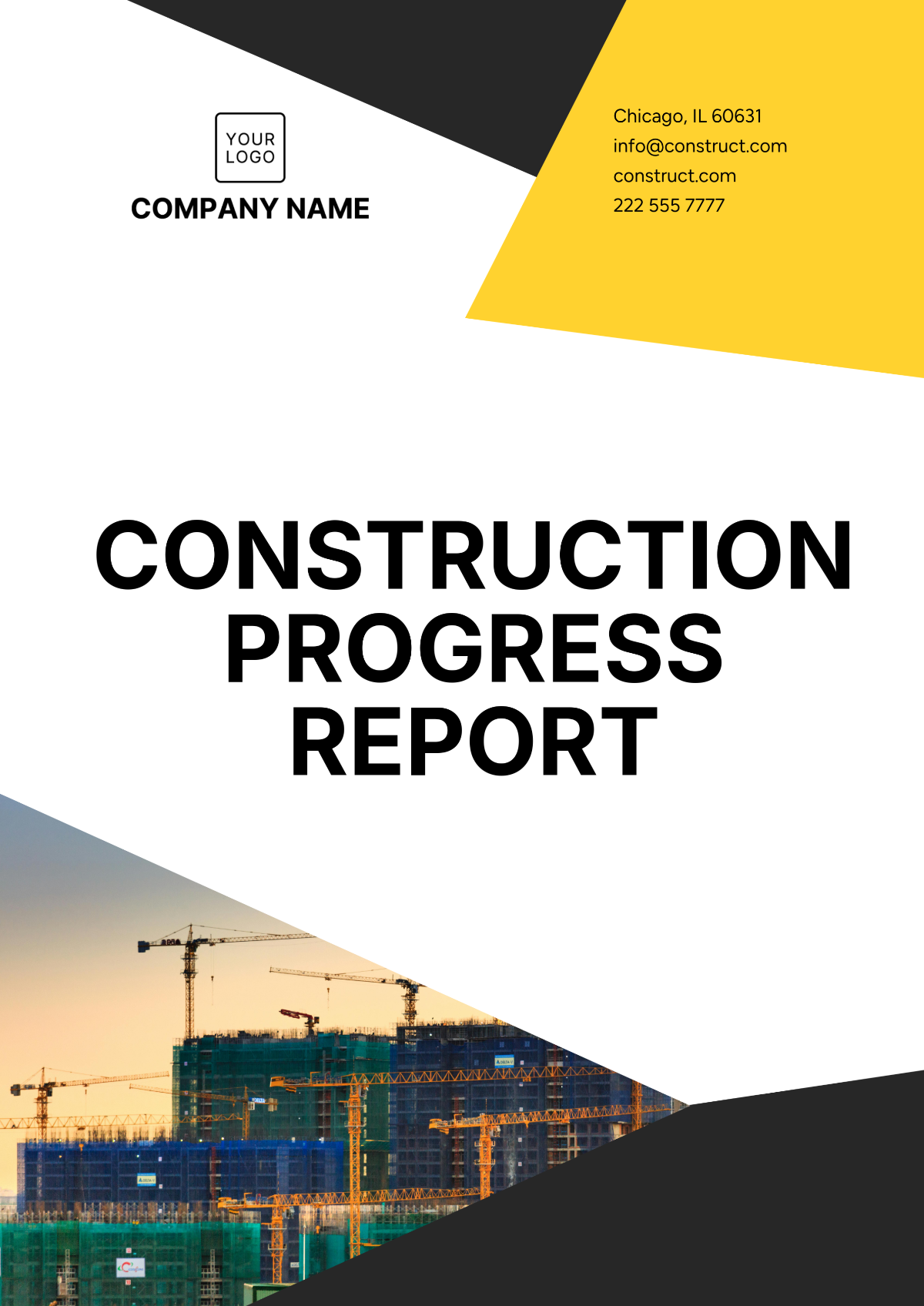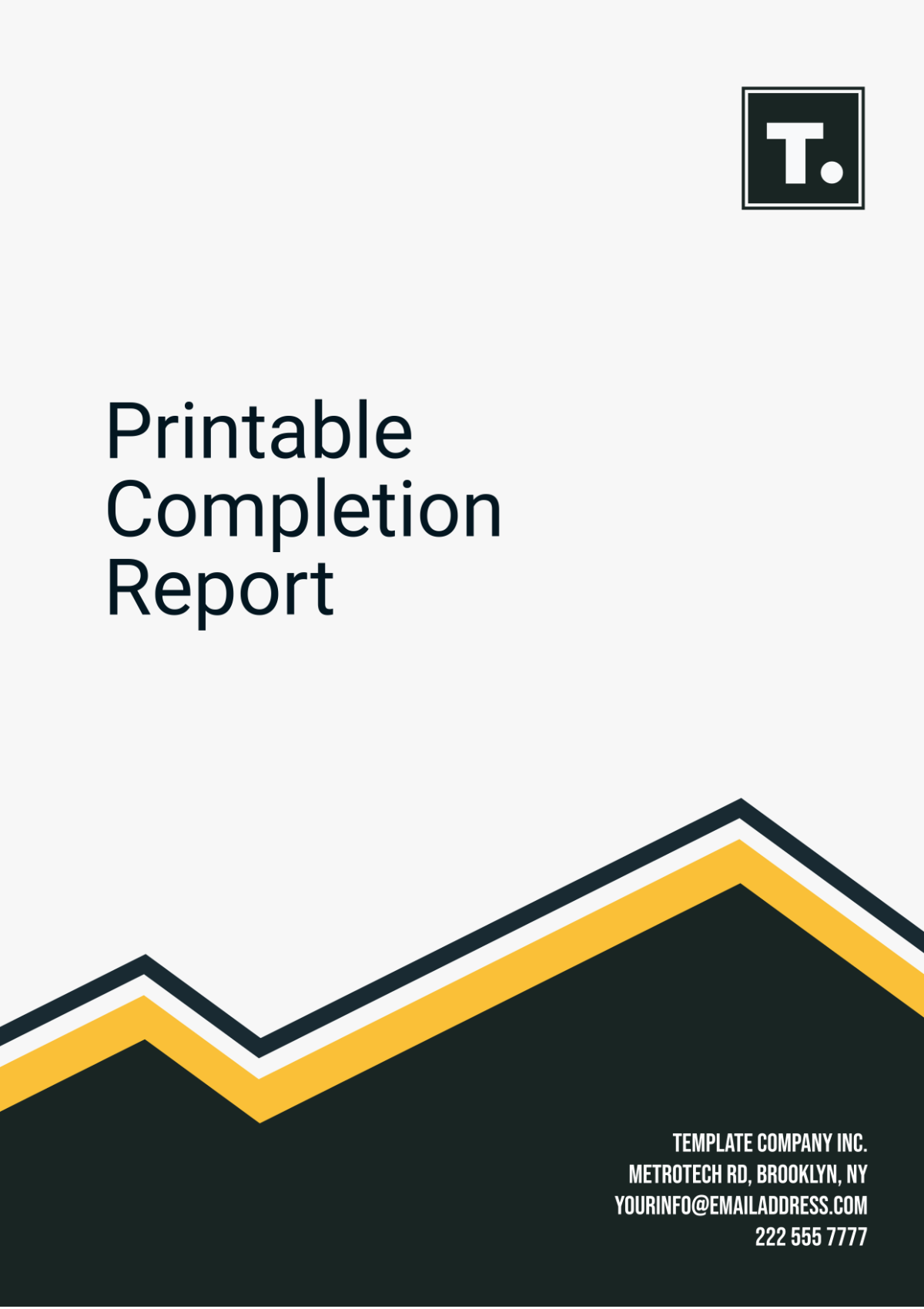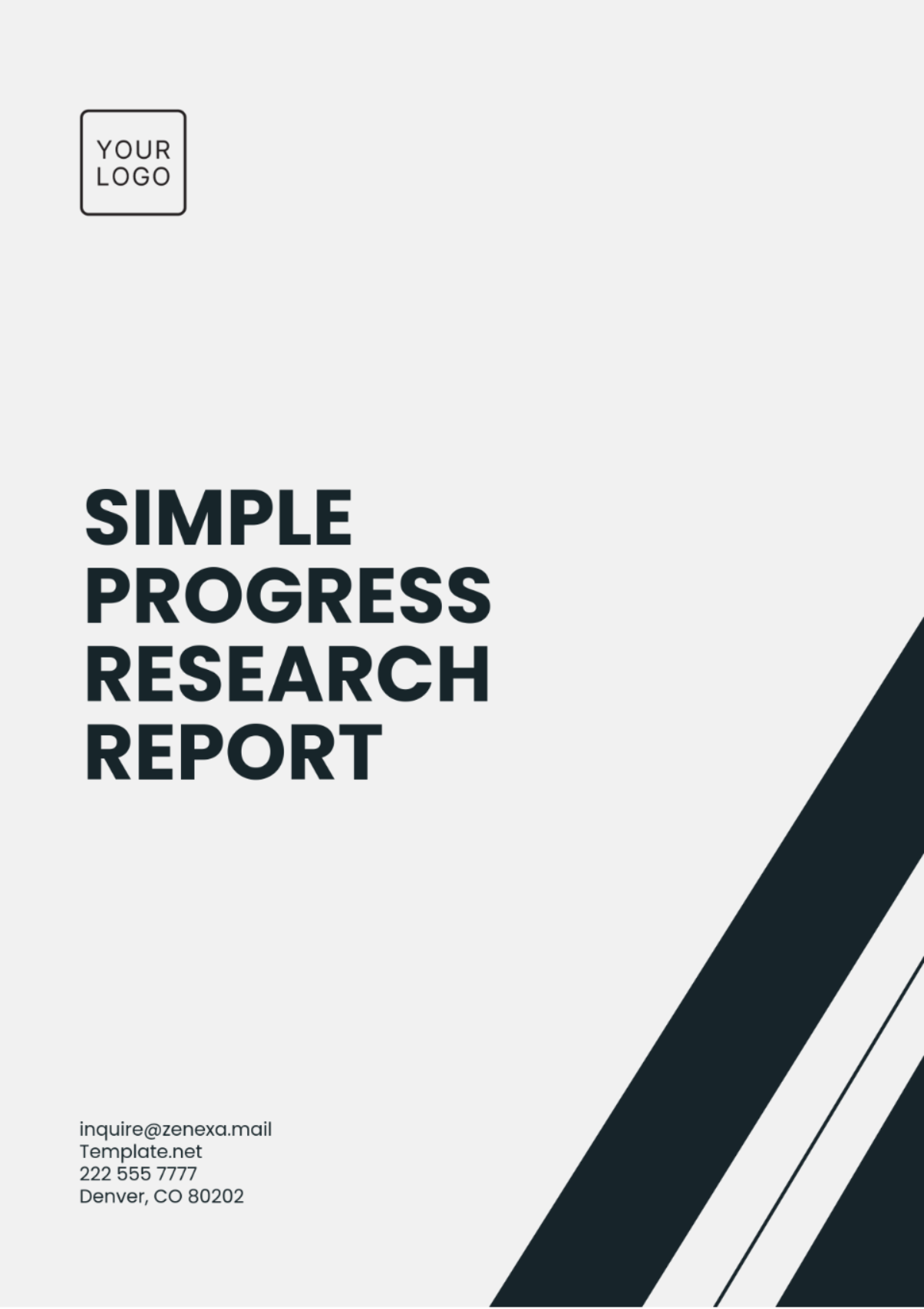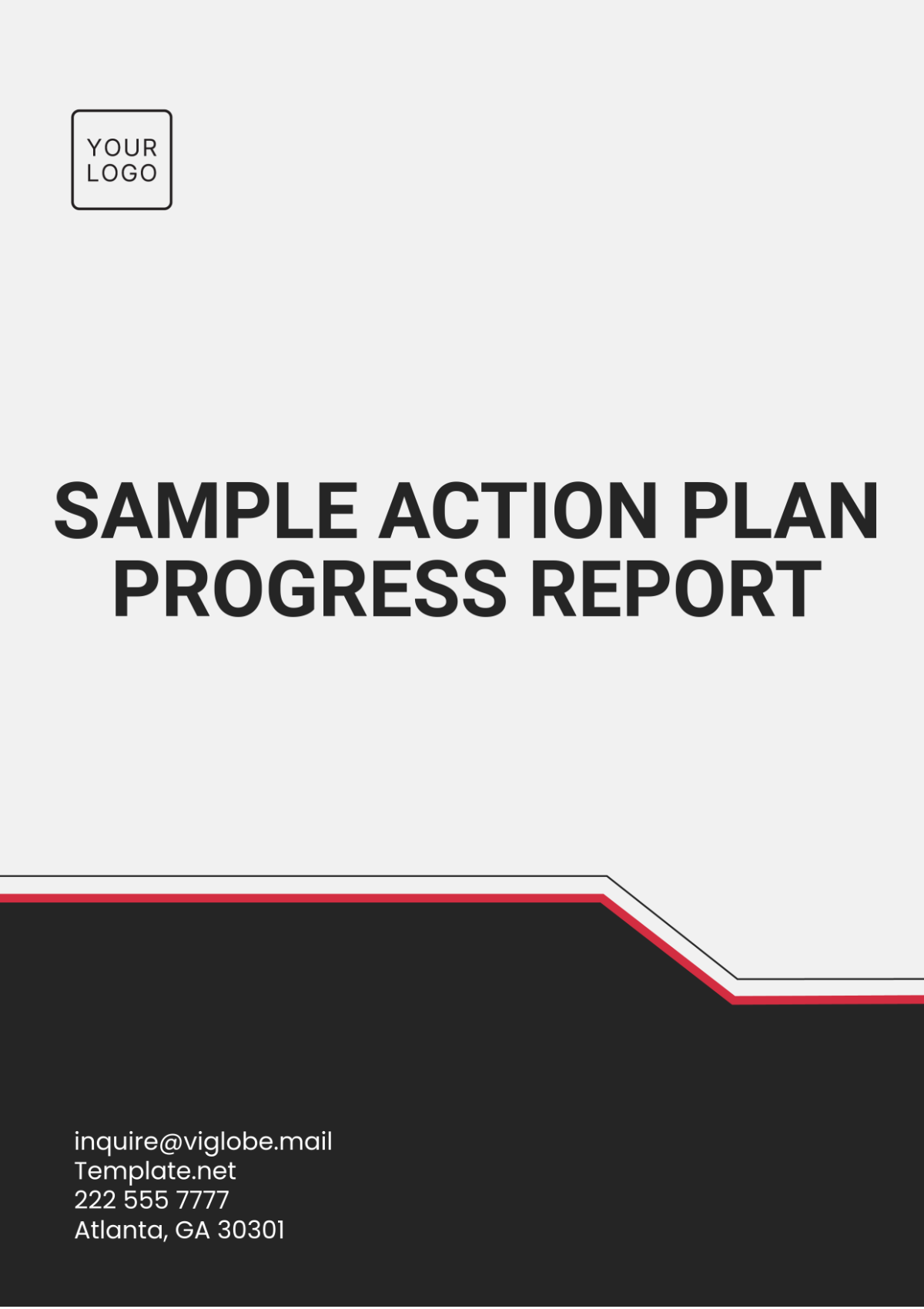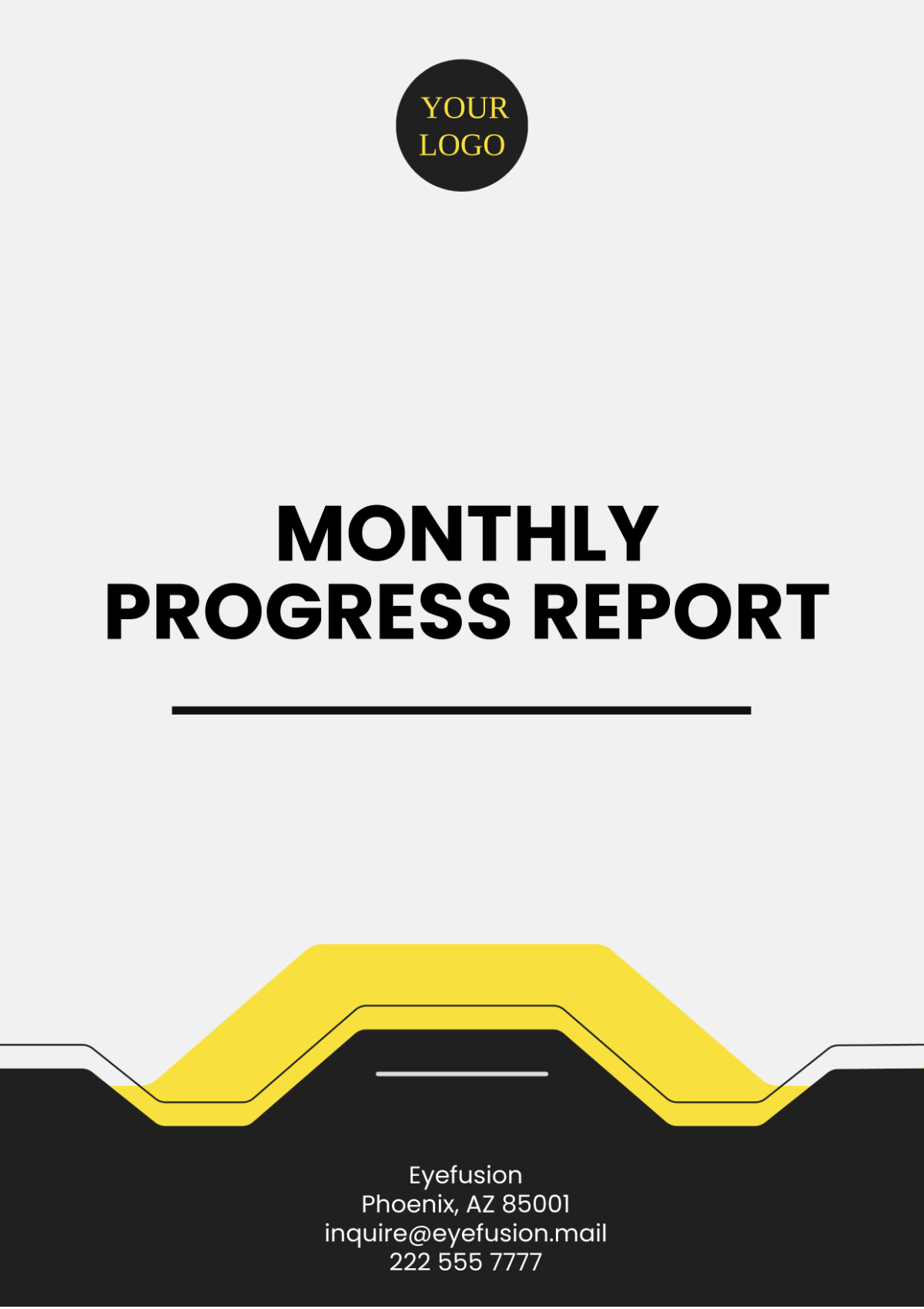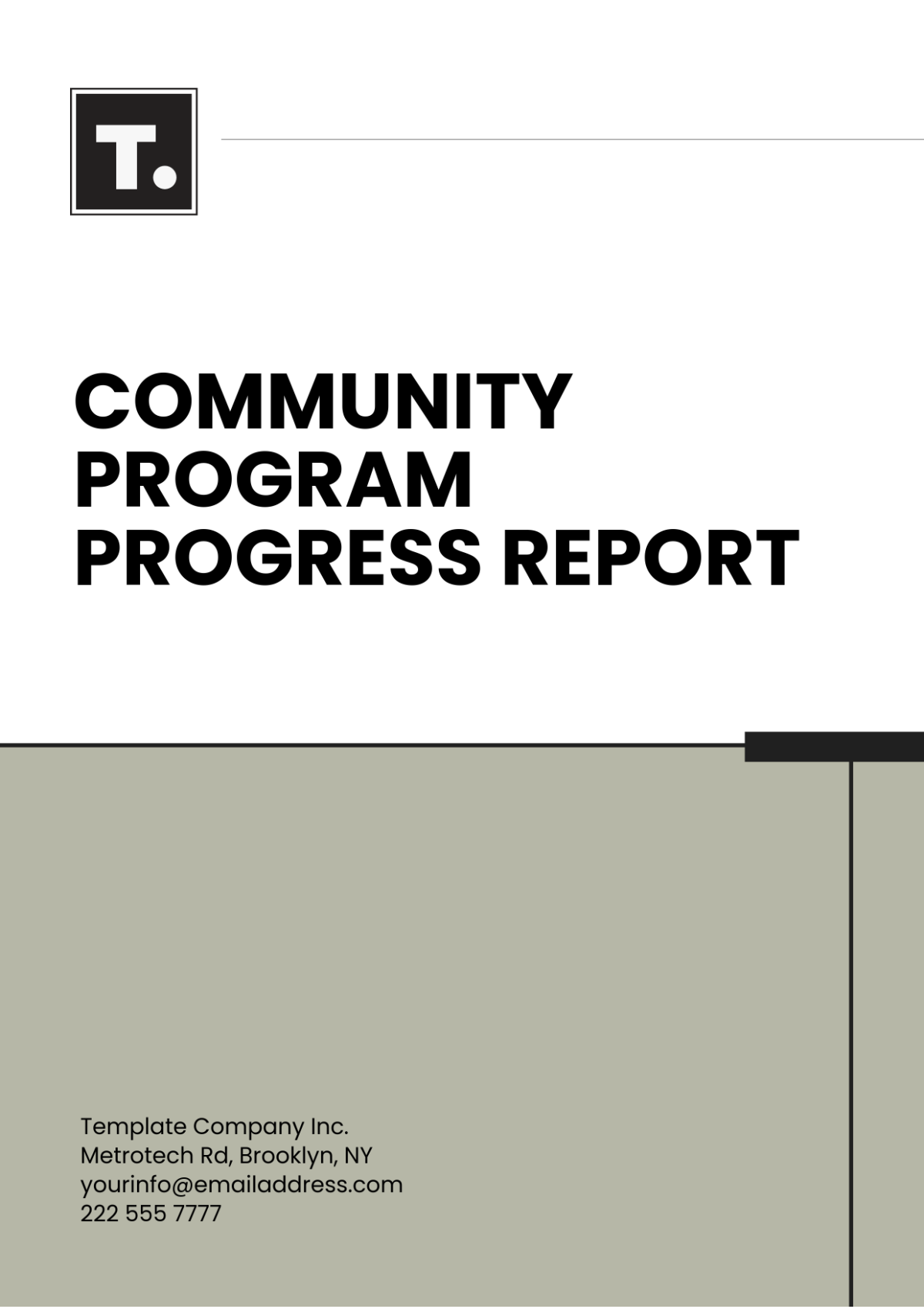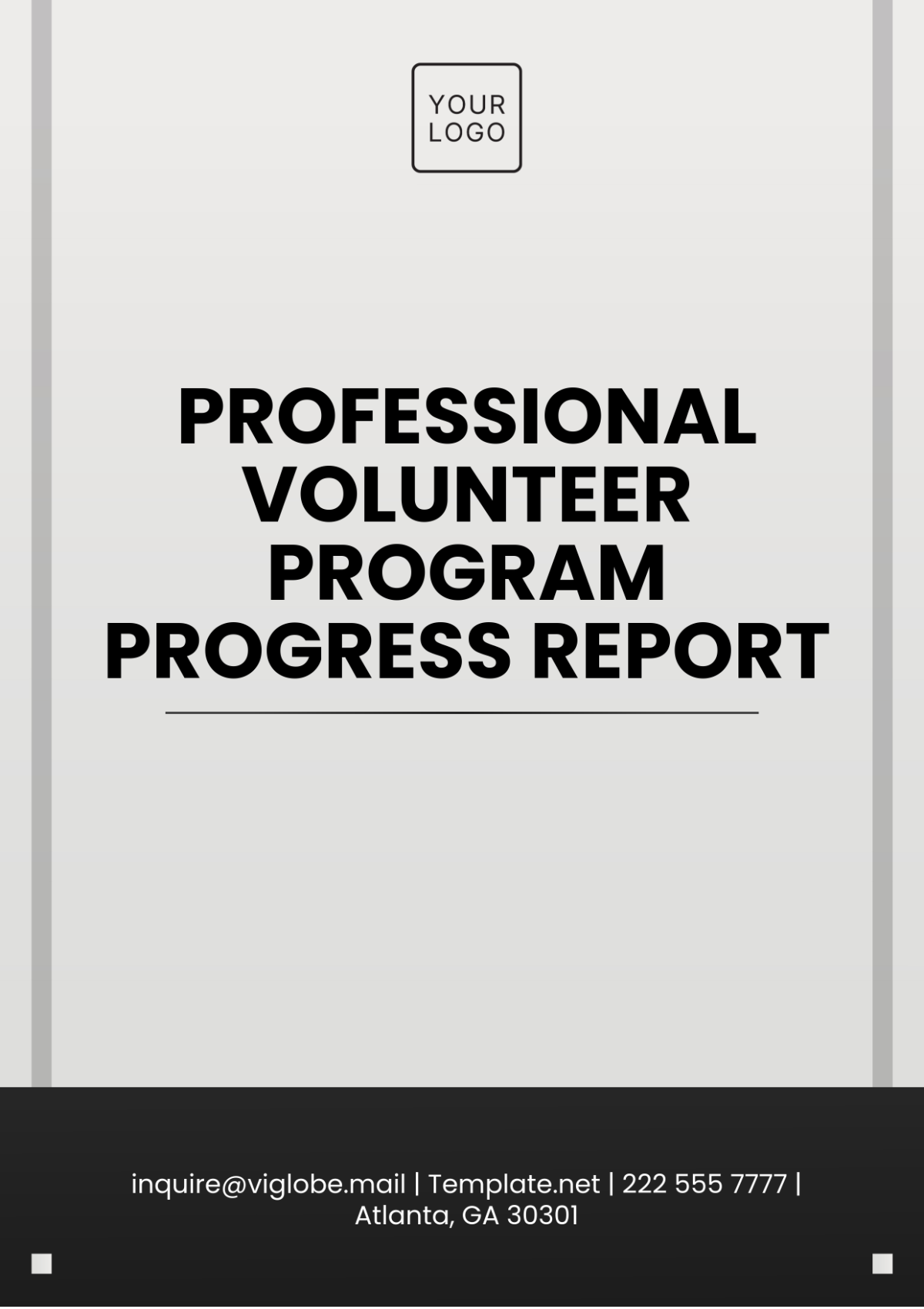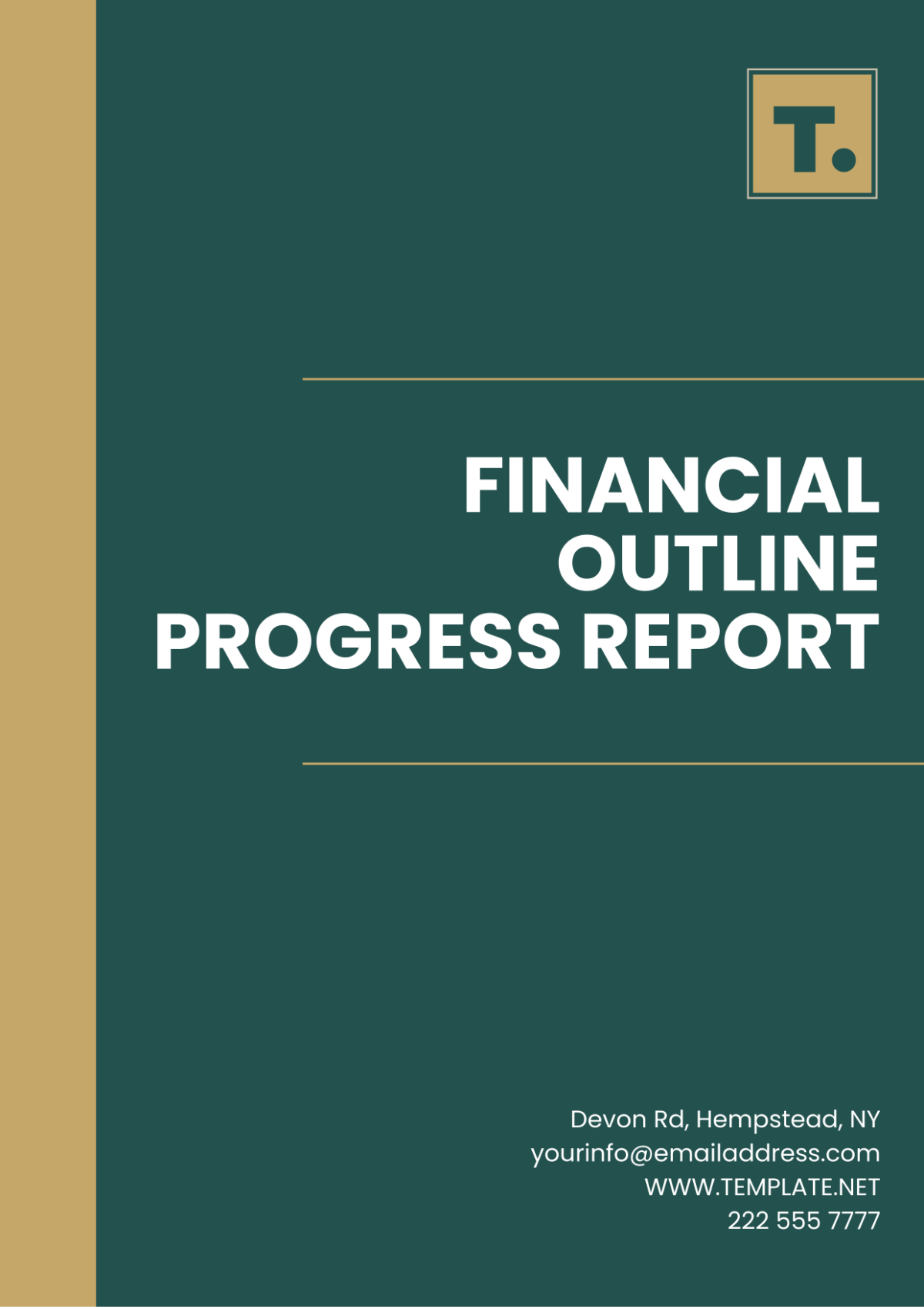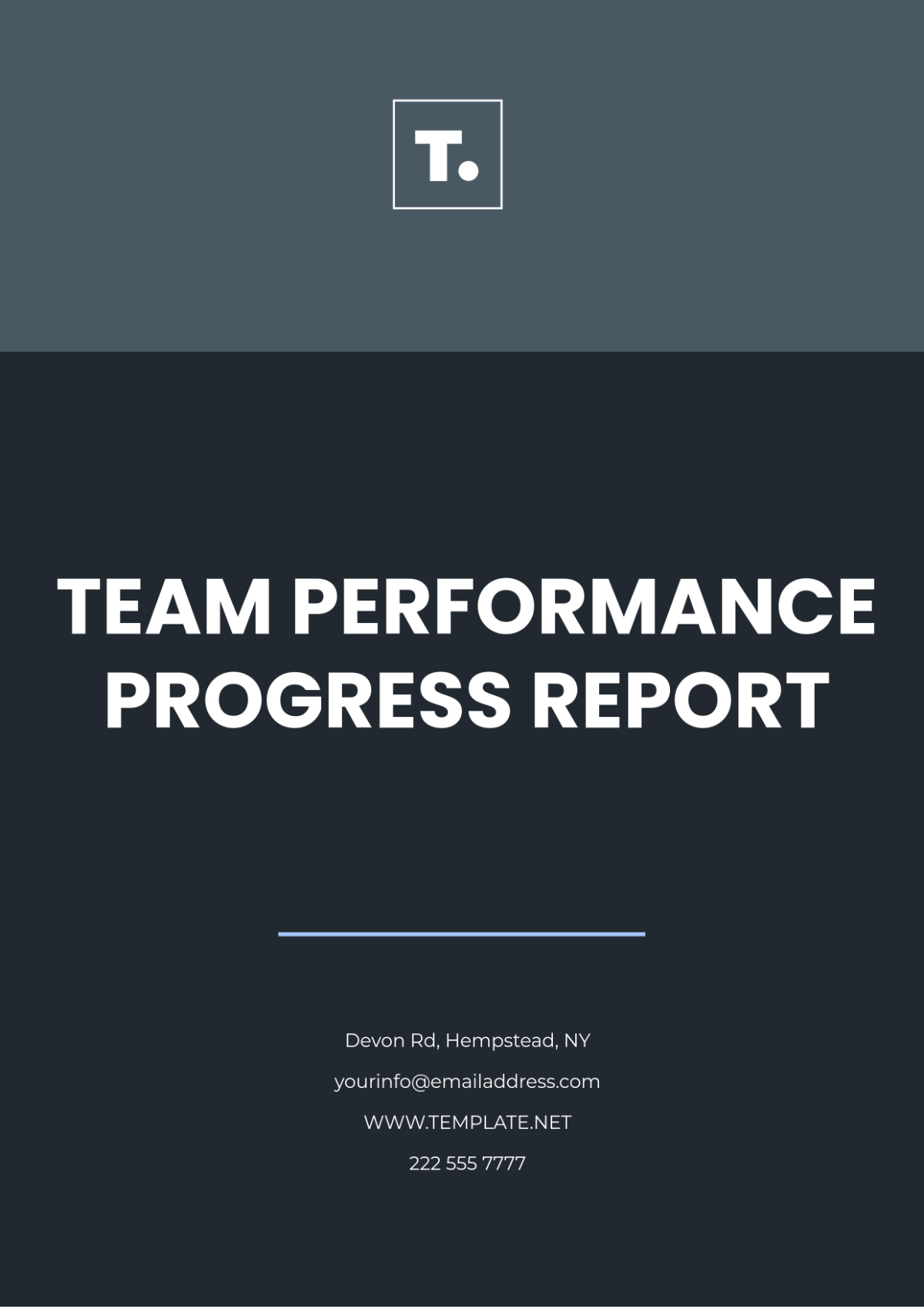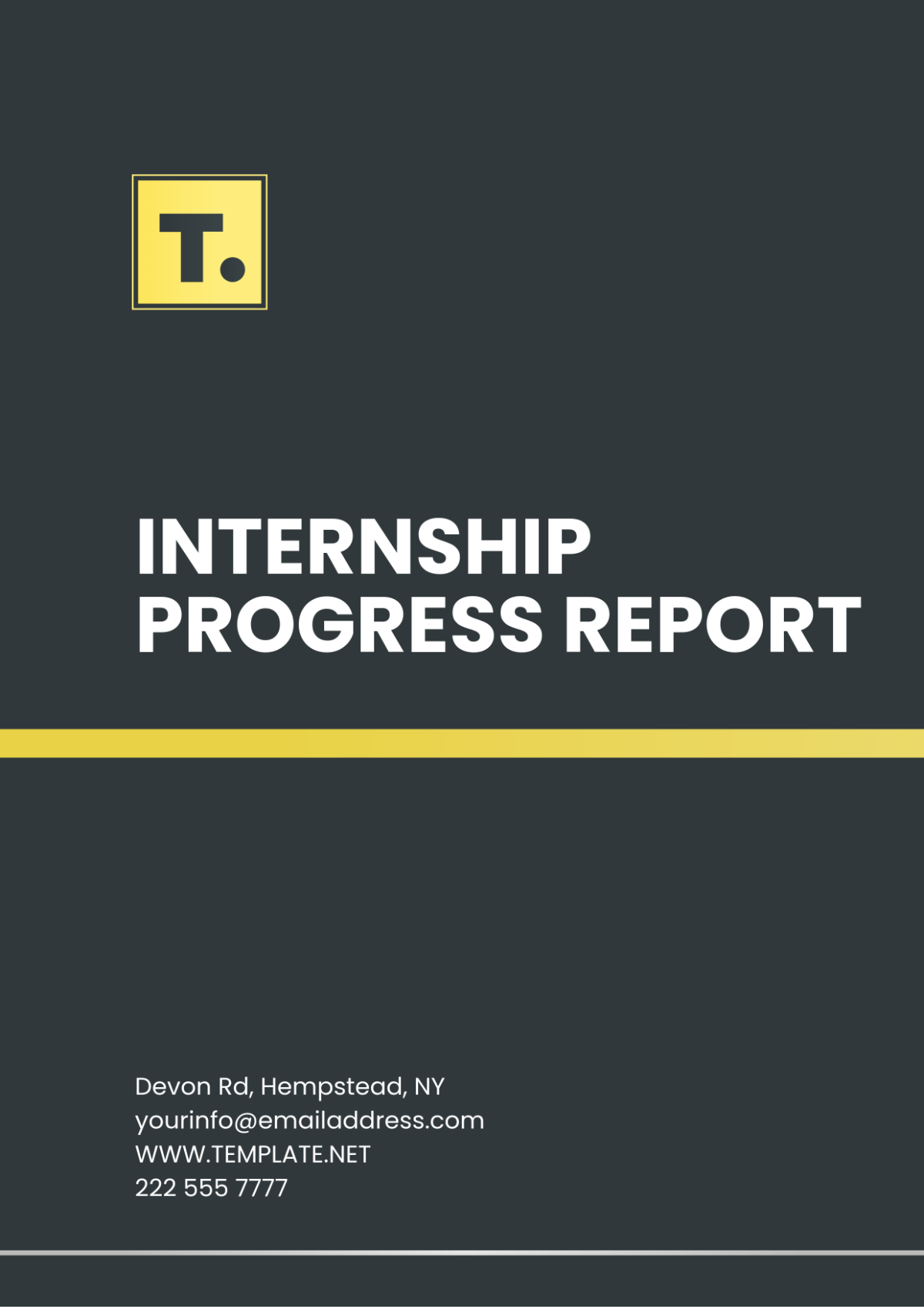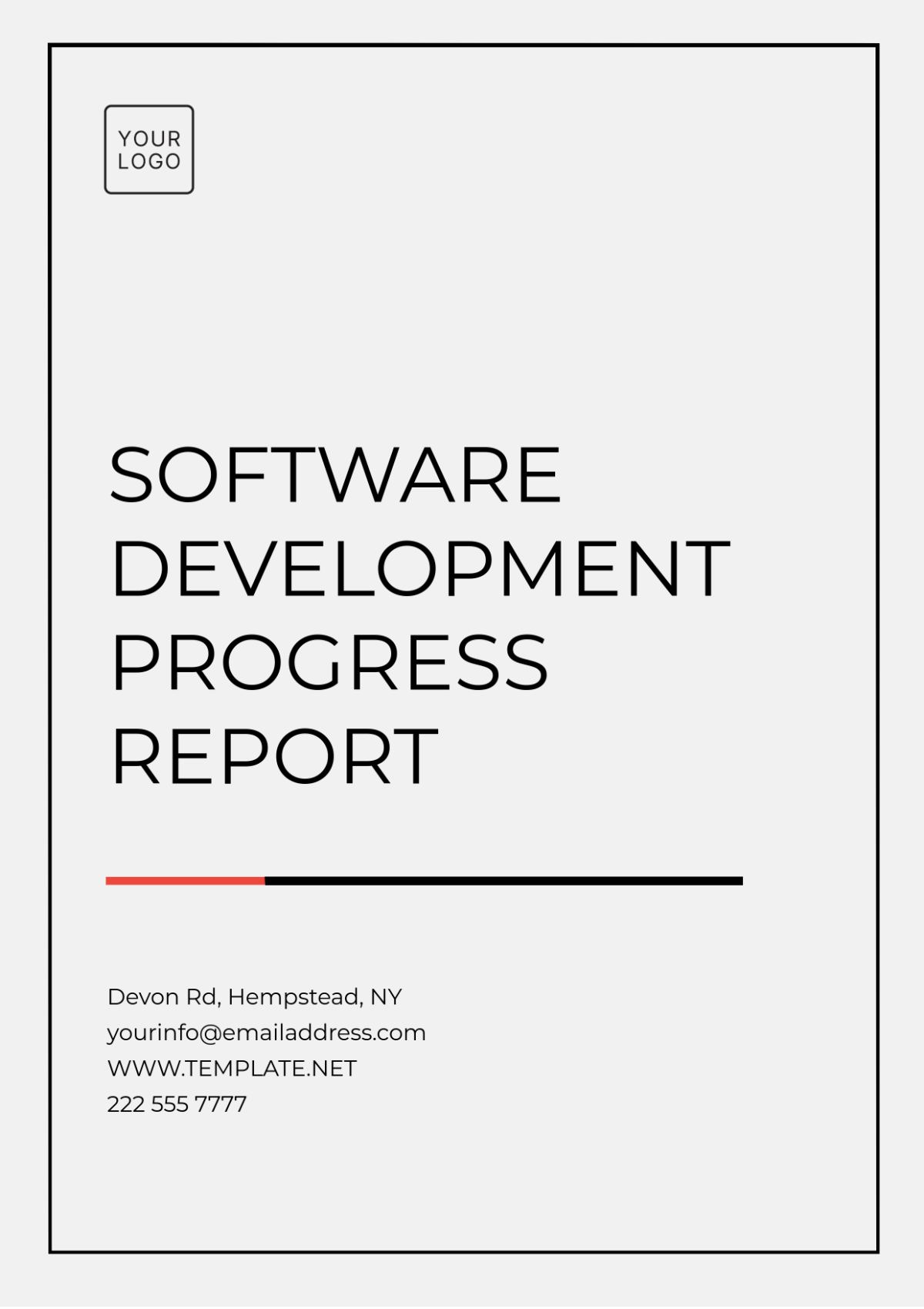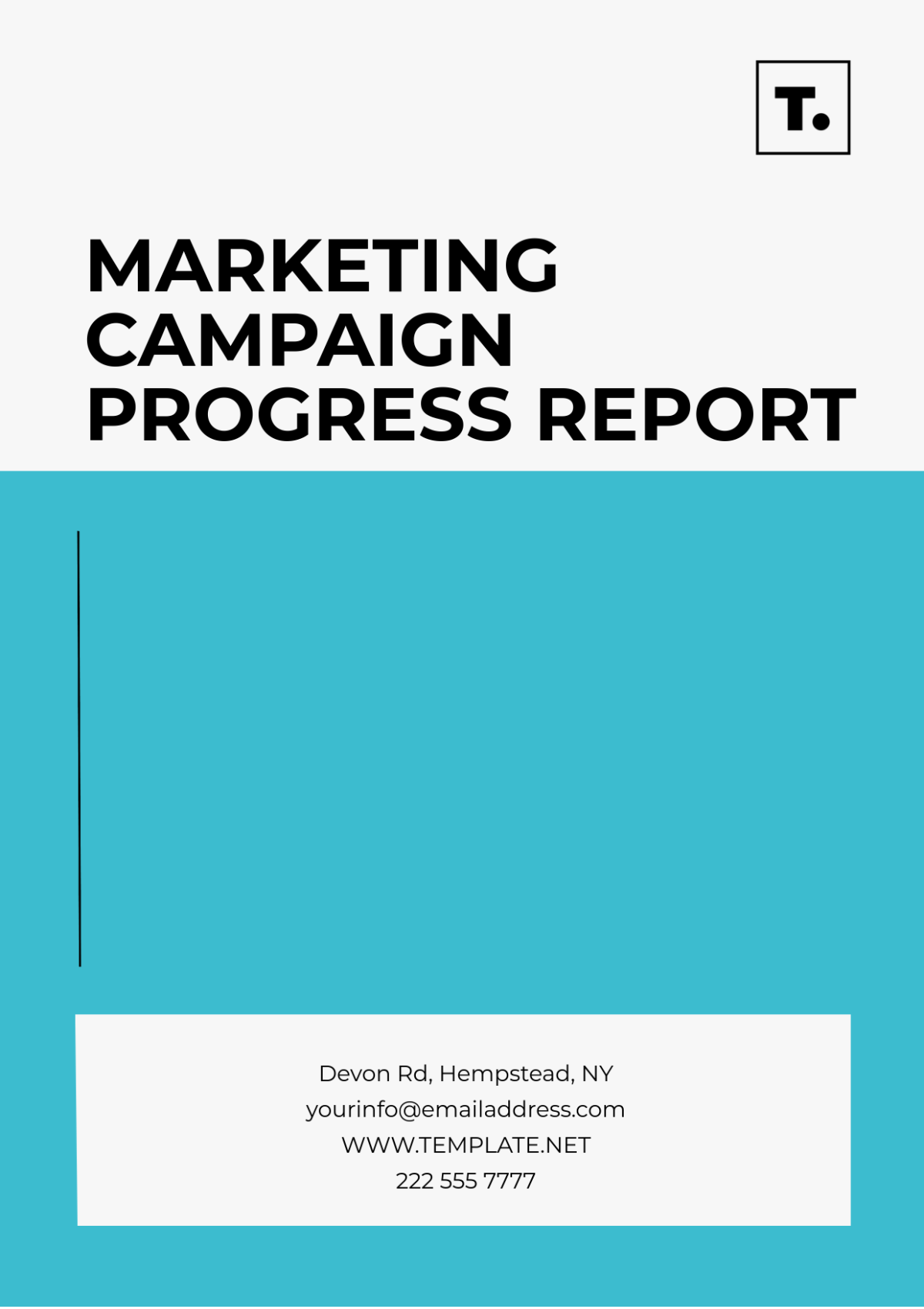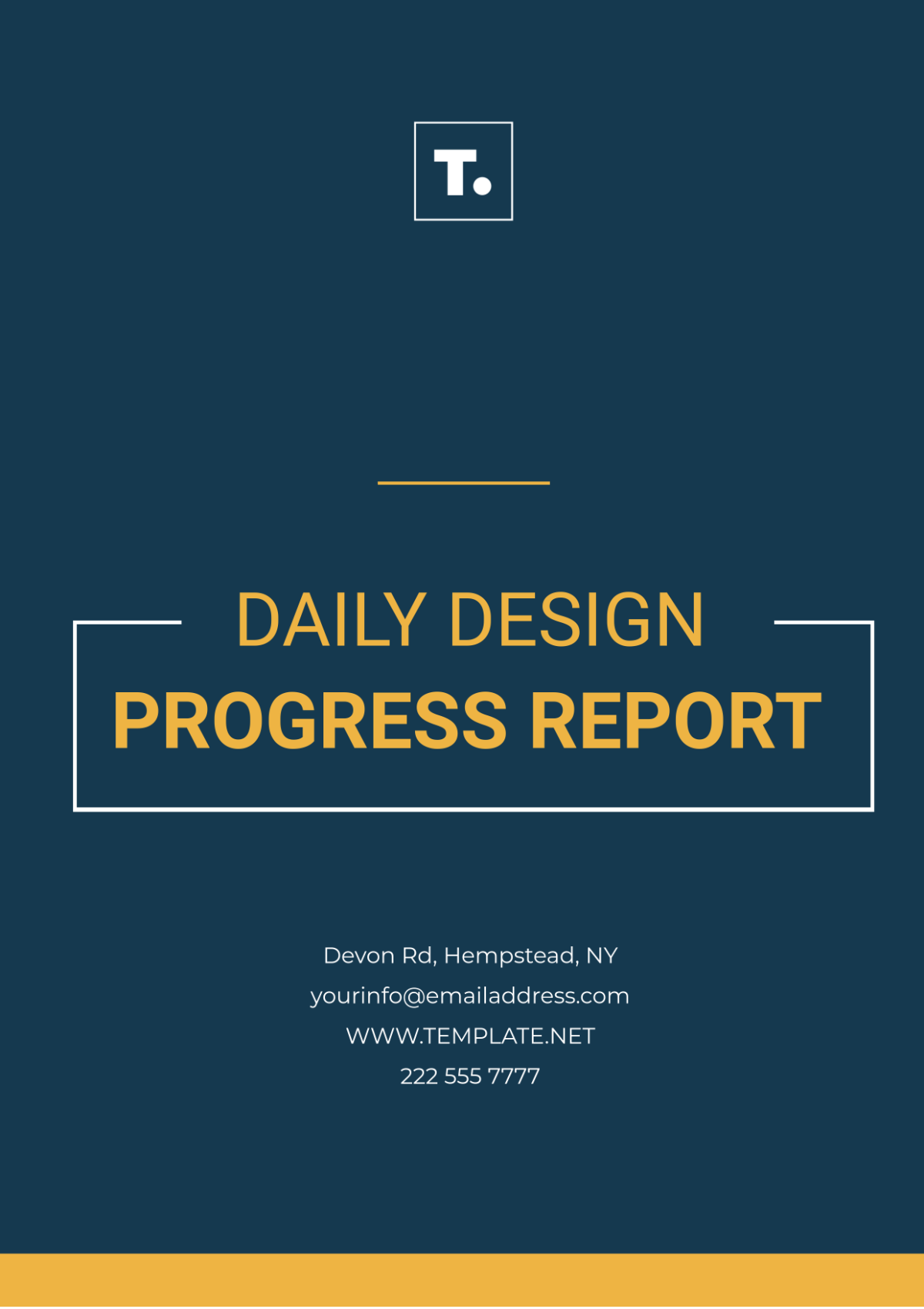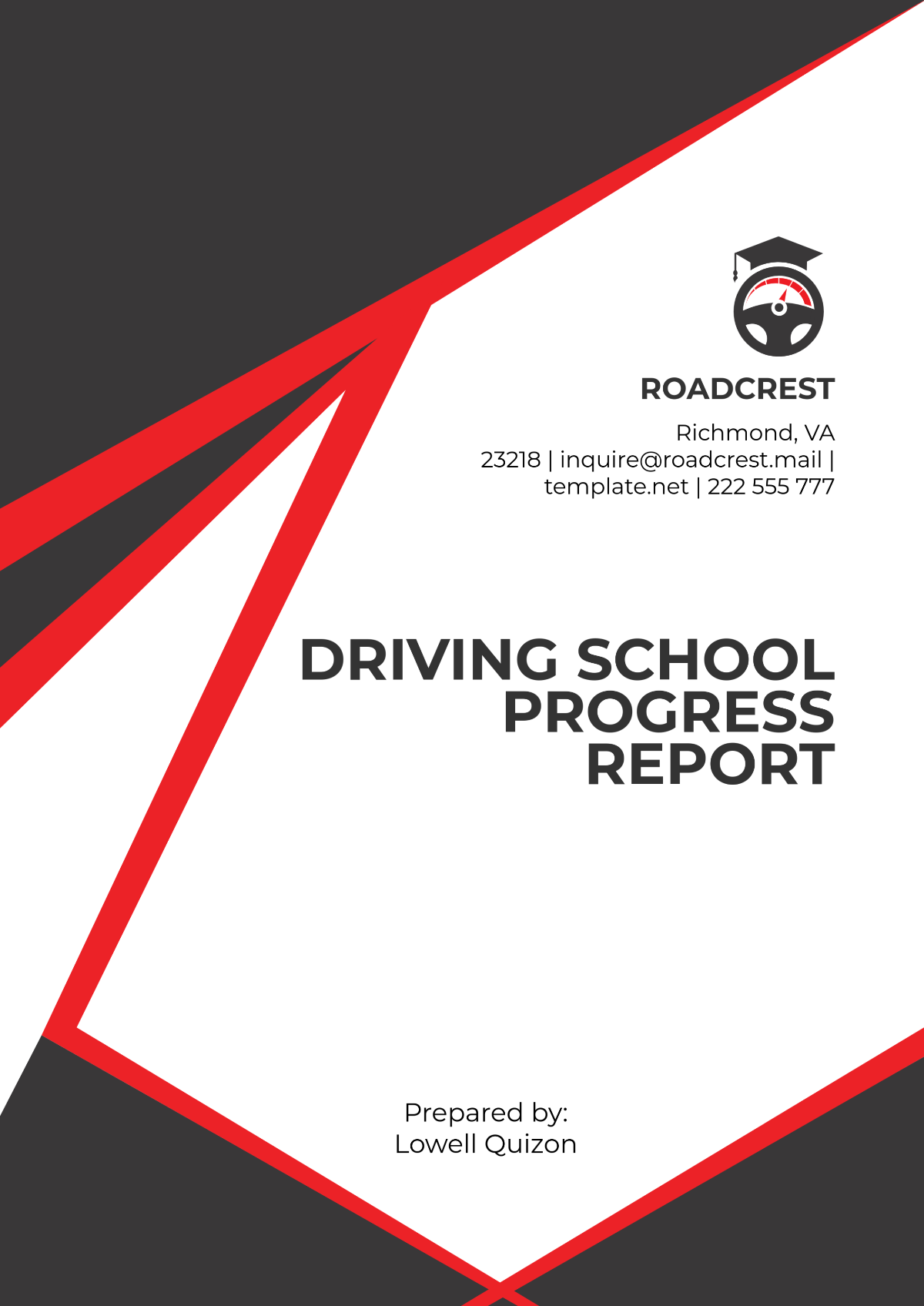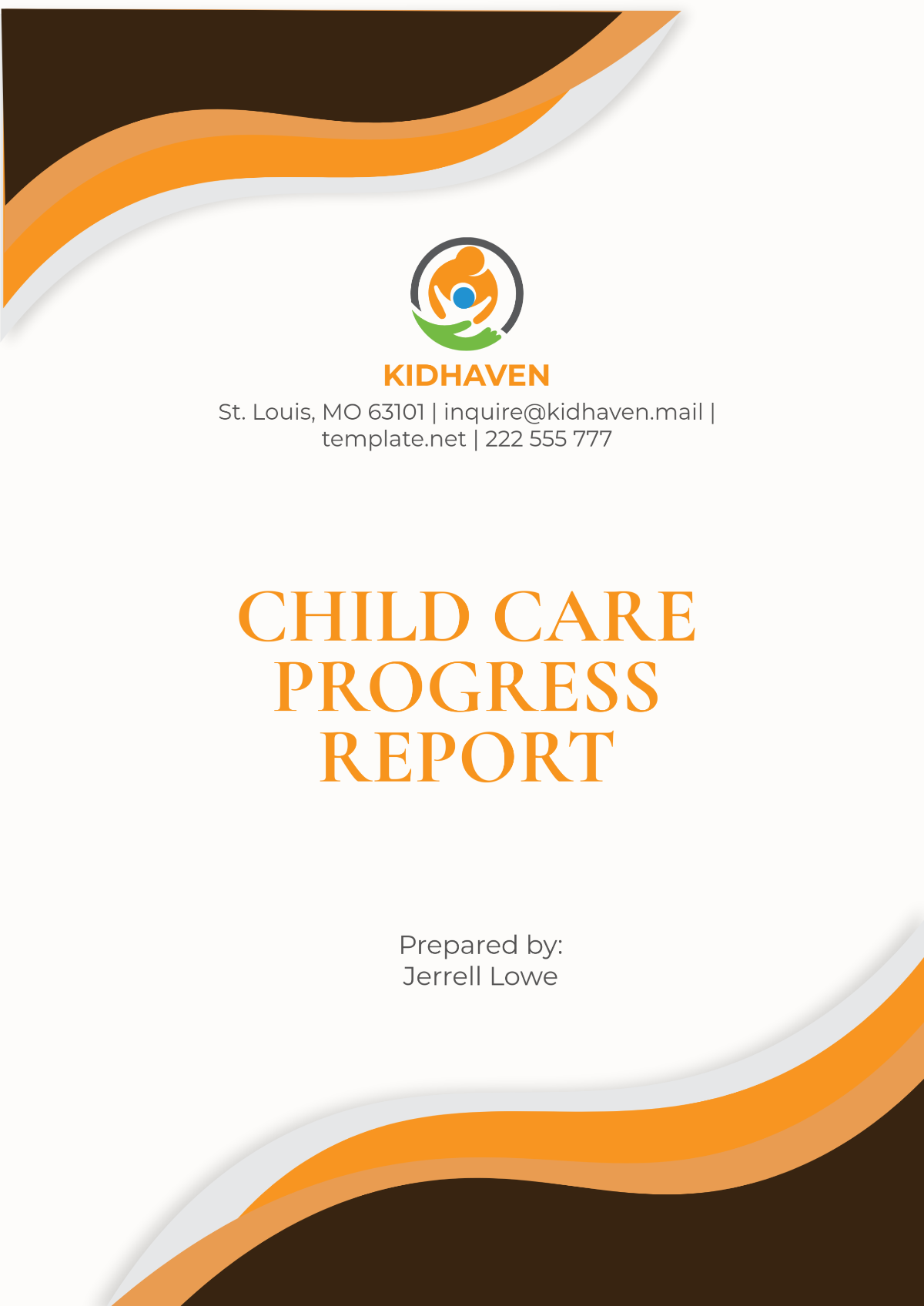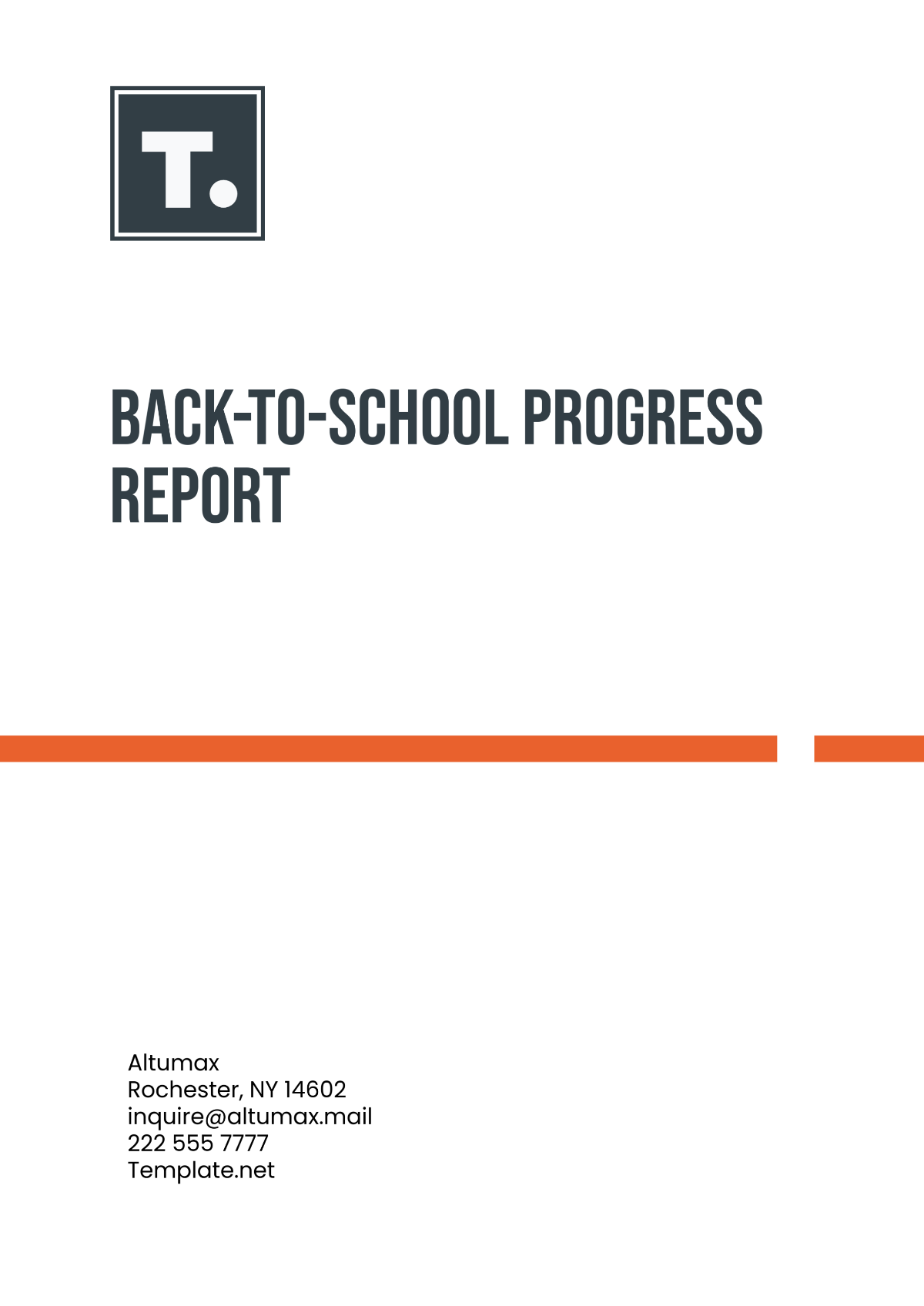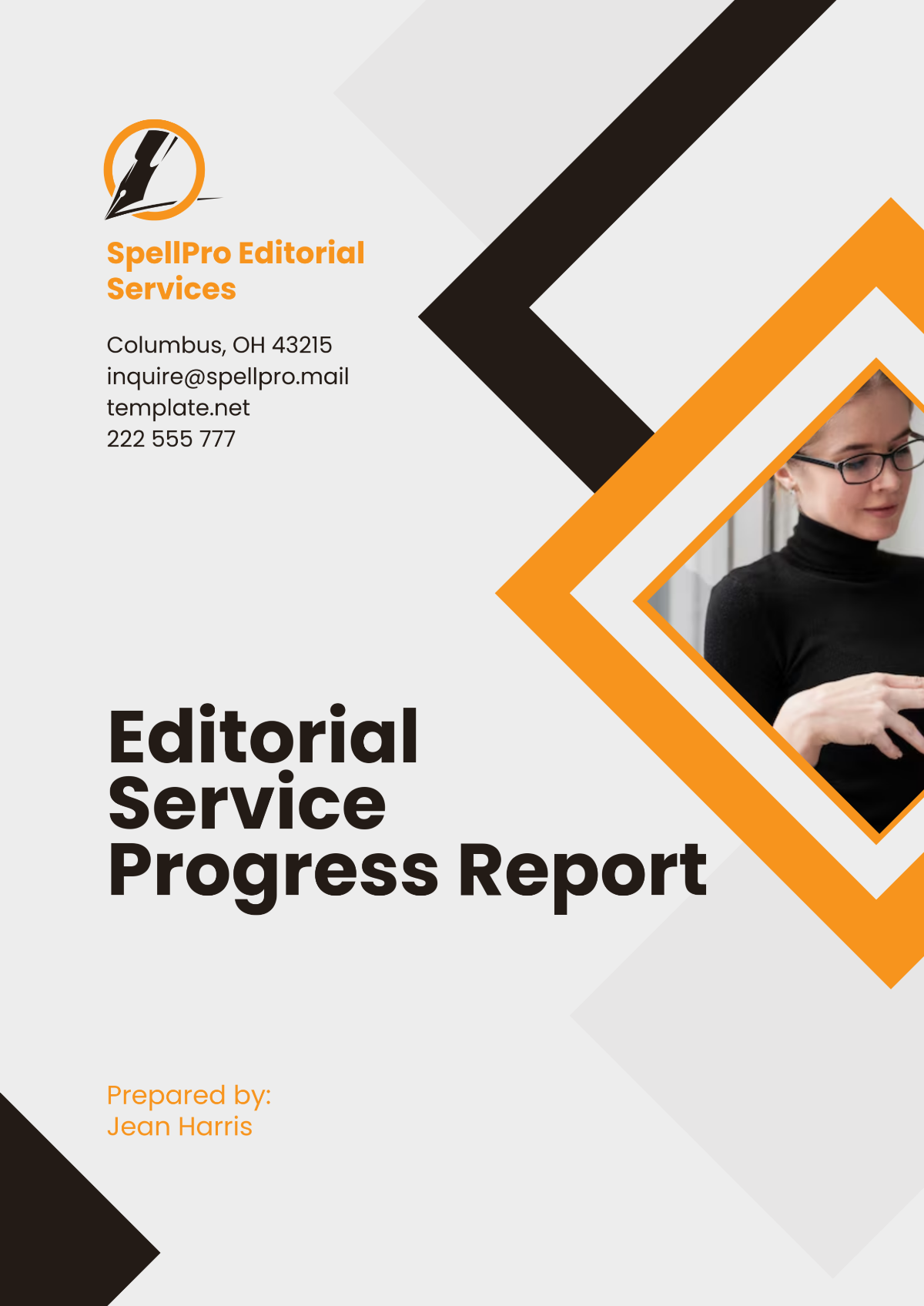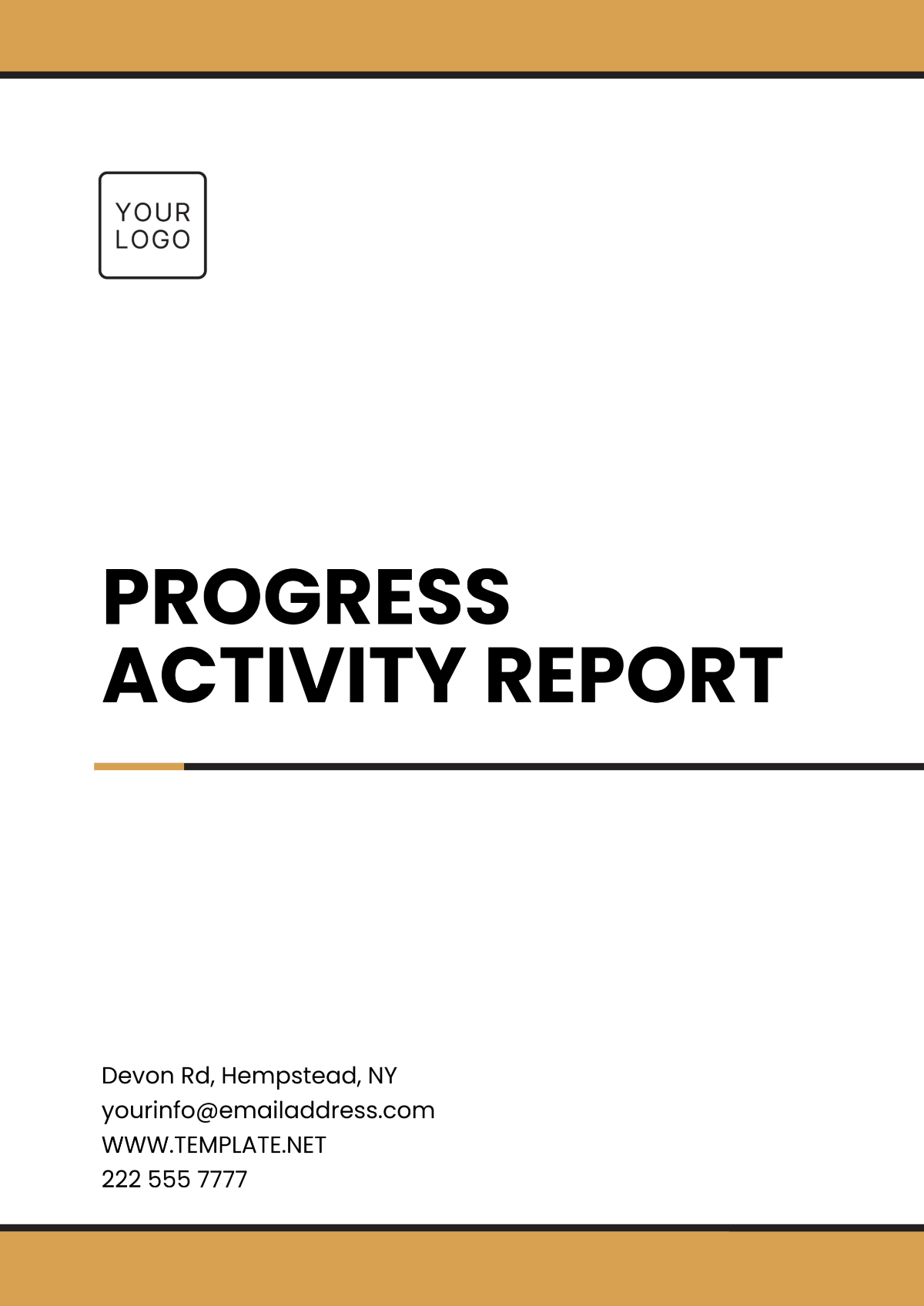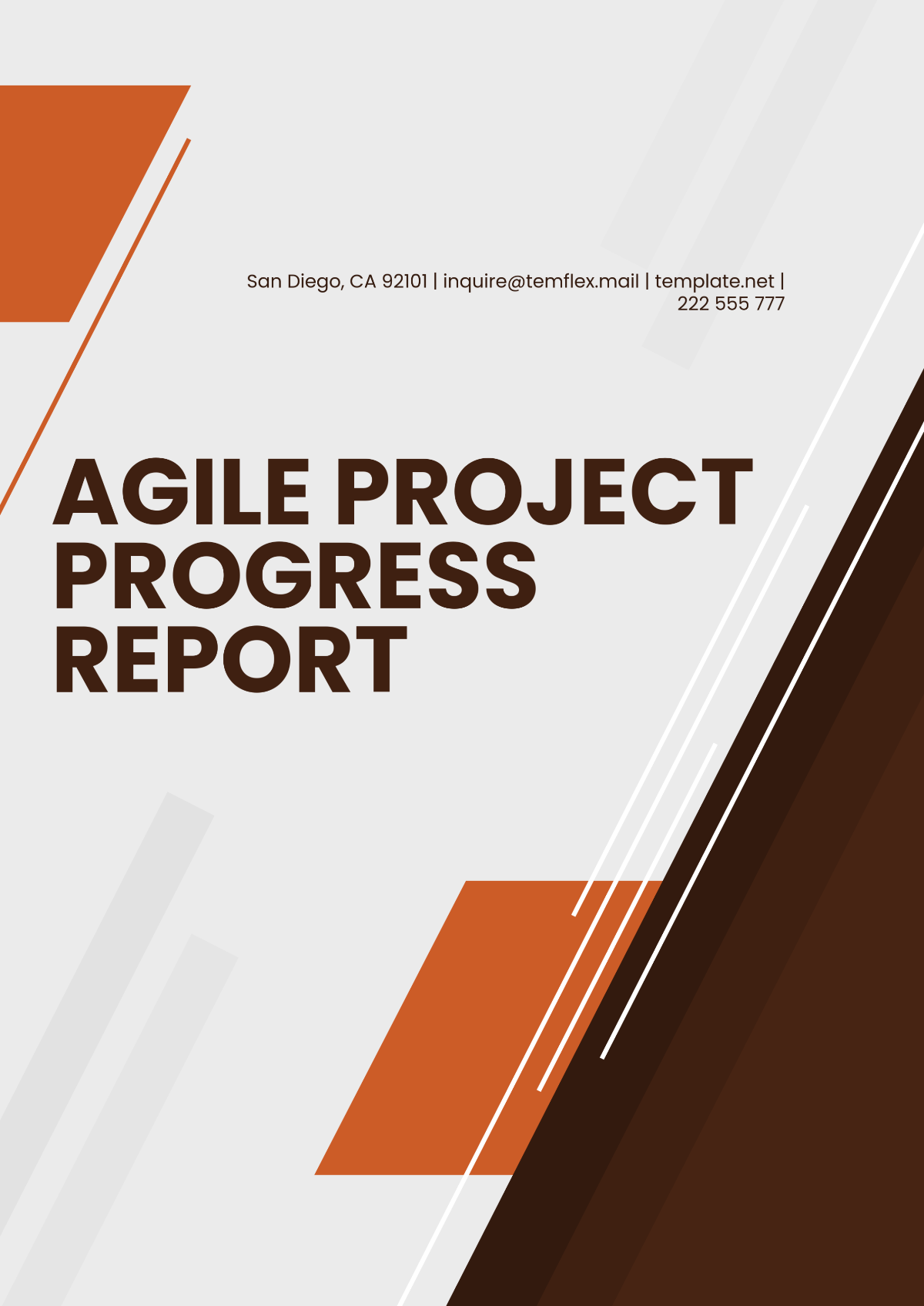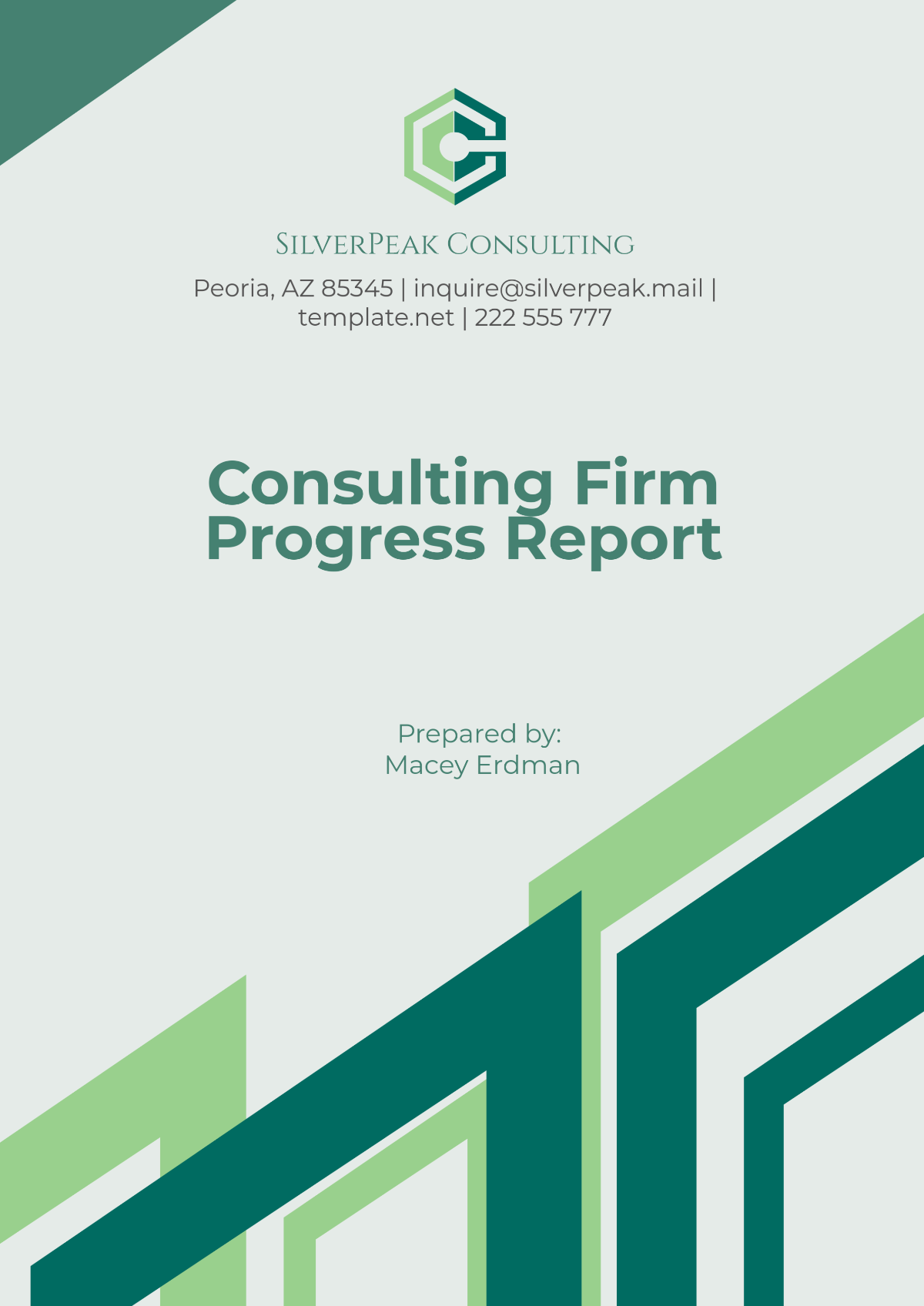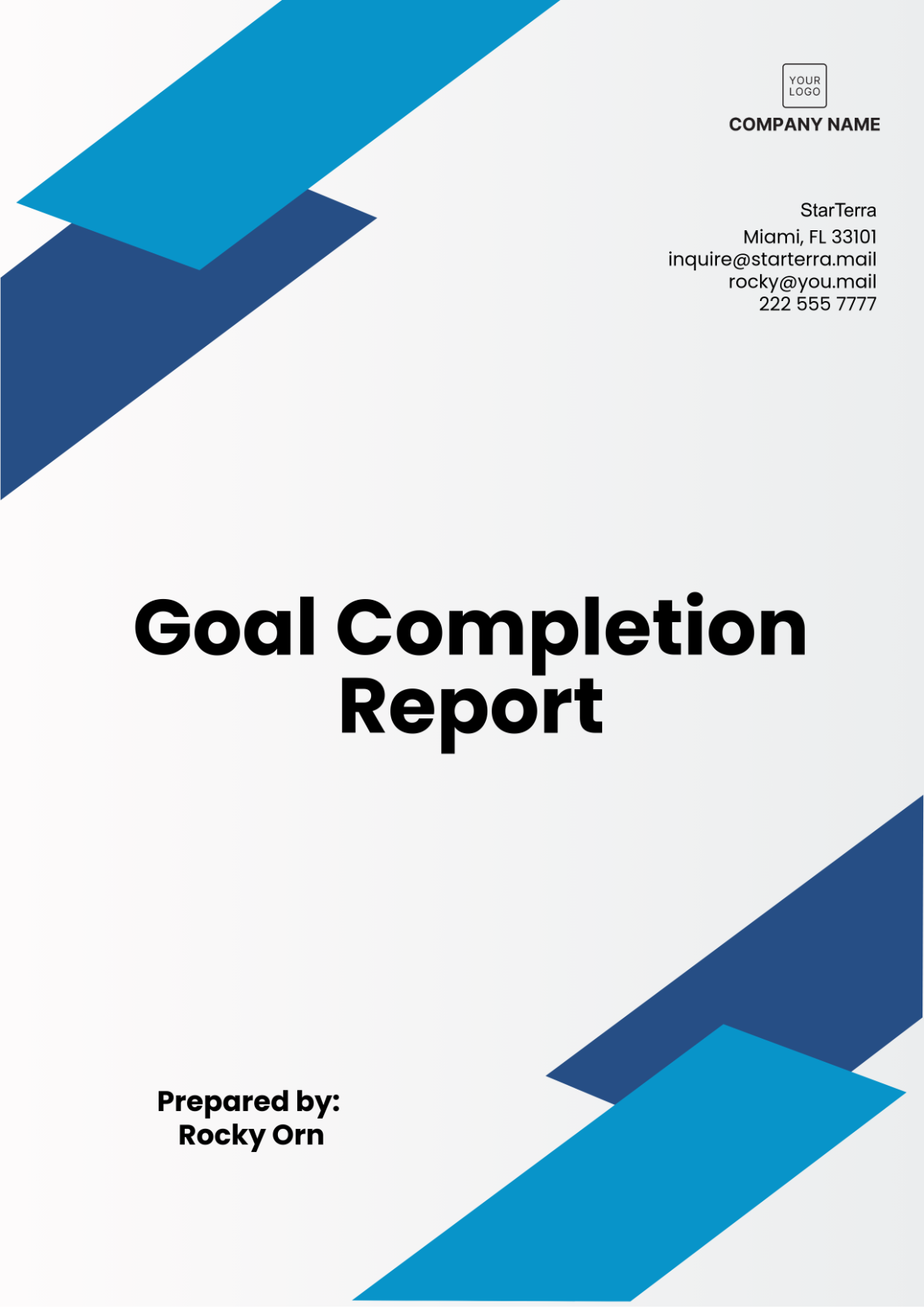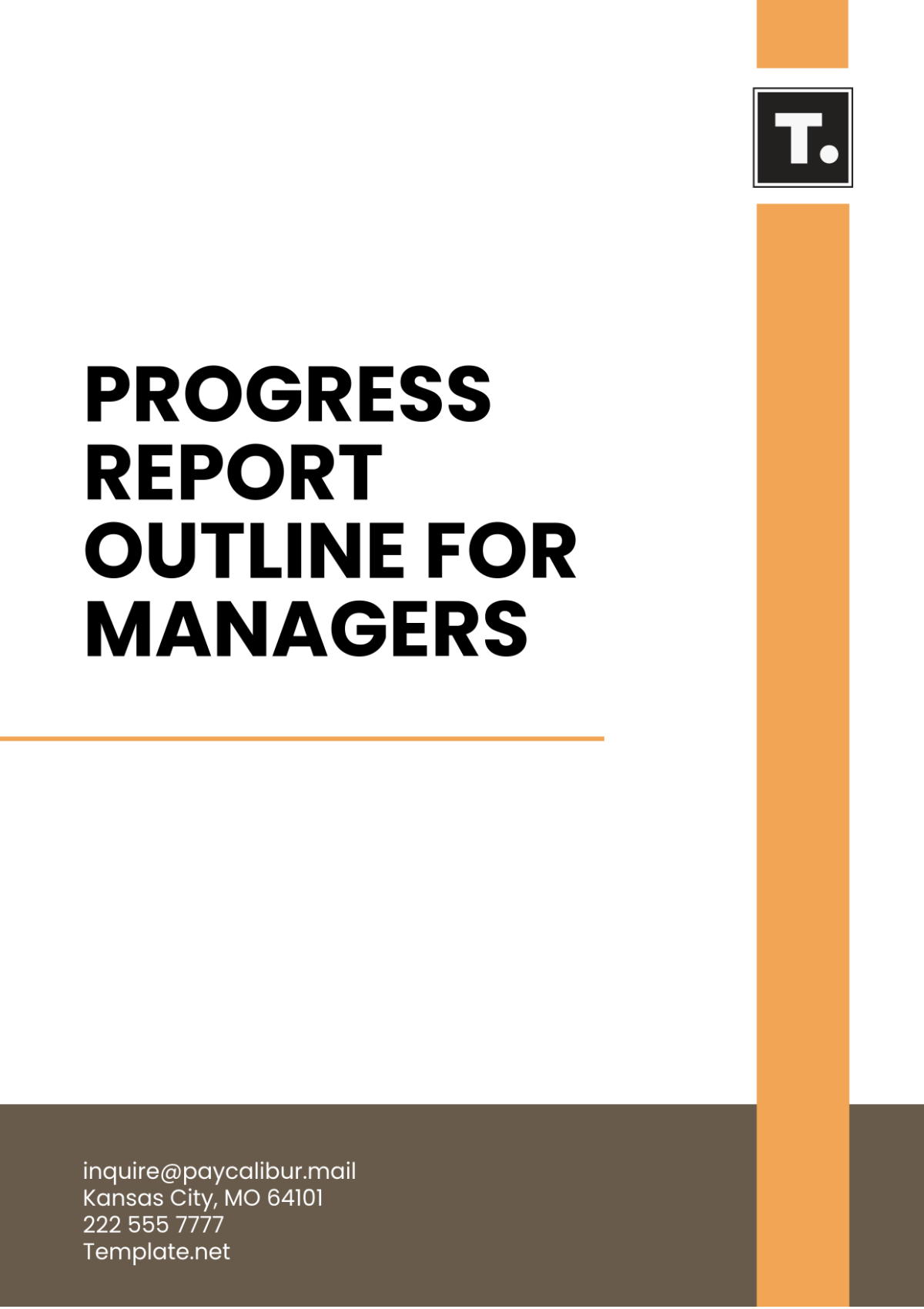Project Delay Report
Prepared by: | [Your Name] |
Company: | [Your Company Name] |
Date: | May 30, 2054 |
I. Executive Summary
The executive summary provides a high-level overview of the project delay analysis, outlining key findings and recommendations. Despite meticulous planning and diligent execution, the "Advanced AI Integration for Sustainable Energy Solutions" project has encountered significant delays, jeopardizing its timely completion. This report identifies the root causes of these delays and presents actionable recommendations to mitigate their impact and steer the project back on track.
II. Project Overview
The project aims to revolutionize energy management in urban environments through the development and implementation of AI-driven technologies. By leveraging machine learning algorithms and IoT sensors, the project seeks to optimize energy consumption, reduce carbon emissions, and enhance sustainability. Stakeholders include government agencies, energy providers, urban planners, and community representatives.
III. Timeline Deviation Analysis
In this section, a detailed examination of the project timeline is conducted, identifying deviations from the planned schedule.
A. Project Timeline Deviation
Milestone | Planned Completion Date | Actual Completion Date | Deviation (Days) |
|---|---|---|---|
Project Initiation | January 15, 2050 | January 20, 2050 | +5 |
Prototype Development | June 30, 2050 | August 10, 2050 | +41 |
Testing Phase | December 31, 2050 | April 5, 2051 | +95 |
Pilot Implementation | June 30, 2051 | Not Yet Completed | N/A |
IV. Causes of Delay
The root causes of project delays are explored, including but not limited to:
A. Causes of Delay Analysis
Cause | Description | Impact |
|---|---|---|
Resource Constraints | Limited funding resulted in delays in hiring additional personnel and acquiring necessary equipment, slowing down project activities. | Hindered progress in critical development stages, leading to increased timeline deviation. |
Scope Creep | Evolving requirements and stakeholder expectations led to frequent adjustments to project plans and increased complexity, resulting in delays in task execution. | Disrupted project workflow and prolonged decision-making processes, contributing to timeline deviation. |
External Dependencies | Delays in obtaining regulatory approvals and permits from government agencies stalled project progress, as certain activities were dependent on external factors beyond the project team's control. | Hindered timely execution of key project tasks, exacerbating timeline deviation. |
Communication Breakdown | Ineffective communication channels and poor stakeholder engagement led to misunderstandings and delays in decision-making processes. | Compromised project coordination and alignment, resulting in misaligned priorities and prolonged timelines. |
Unforeseen Challenges | Unanticipated technical difficulties and environmental factors, such as extreme weather events, disrupted project activities and necessitated adjustments to project plans. | Caused unexpected disruptions to project workflow, leading to unplanned delays and increased timeline deviation. |
V. Impact Assessment
This section evaluates the impact of the identified causes on project milestones and overall progress. The delays have cascading effects, impacting subsequent project phases and deliverables. Critical deadlines for prototype development, testing, and pilot implementation have been missed, posing risks to the project's overall success.
VI. Mitigation Strategies
Strategies for mitigating the effects of project delays are proposed, including:
Resource Optimization: Exploring alternative funding sources and reallocating existing resources to prioritize critical project tasks.
Scope Management: Implementing rigorous change control processes to manage scope changes effectively and minimize disruptions.
Stakeholder Communication: Establish regular communication channels and stakeholder engagement sessions to foster collaboration and alignment.
Contingency Planning: Developing contingency plans and risk mitigation strategies to address future challenges proactively.
VII. Recommendations
Based on the analysis conducted, specific recommendations are provided to facilitate timely project completion. Key recommendations include streamlining approval processes, enhancing project governance structures, and investing in capacity-building initiatives to strengthen the project team's capabilities.
VIII. Conclusion
This section summarizes the key findings of the project delay analysis and emphasizes the importance of implementing the proposed recommendations.
Despite the challenges encountered, the project remains strategically significant in advancing sustainable energy solutions. By addressing the identified causes of delay and implementing proactive measures, the project can overcome current setbacks and achieve its long-term objectives.

